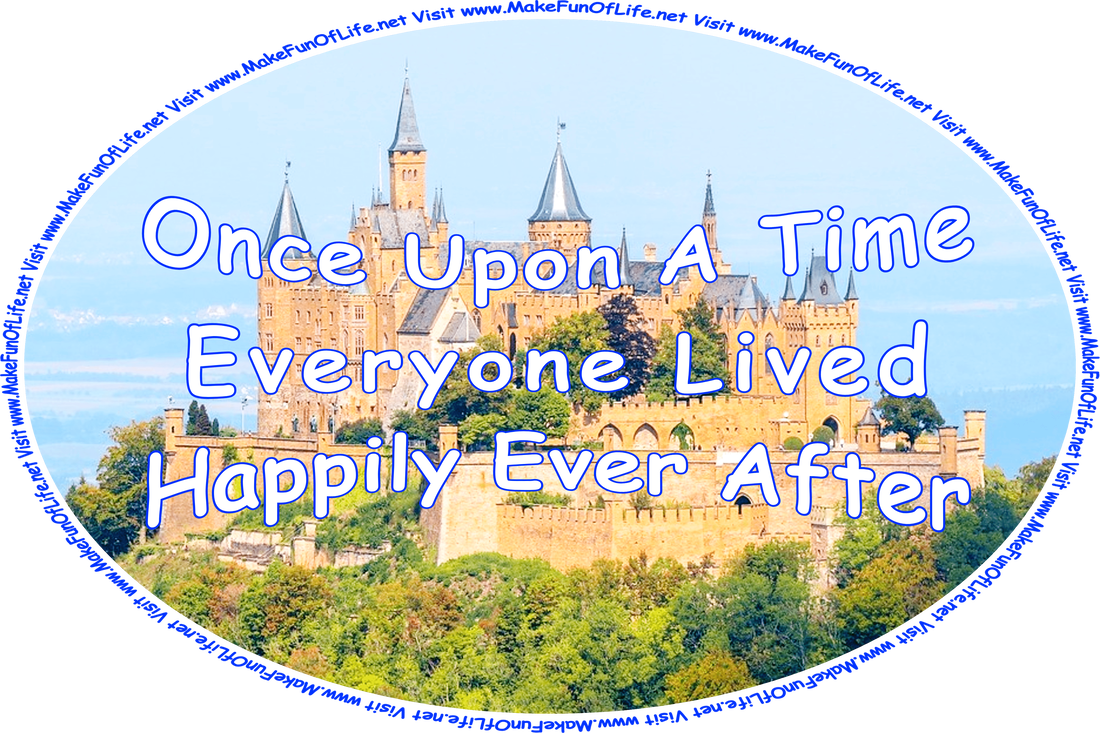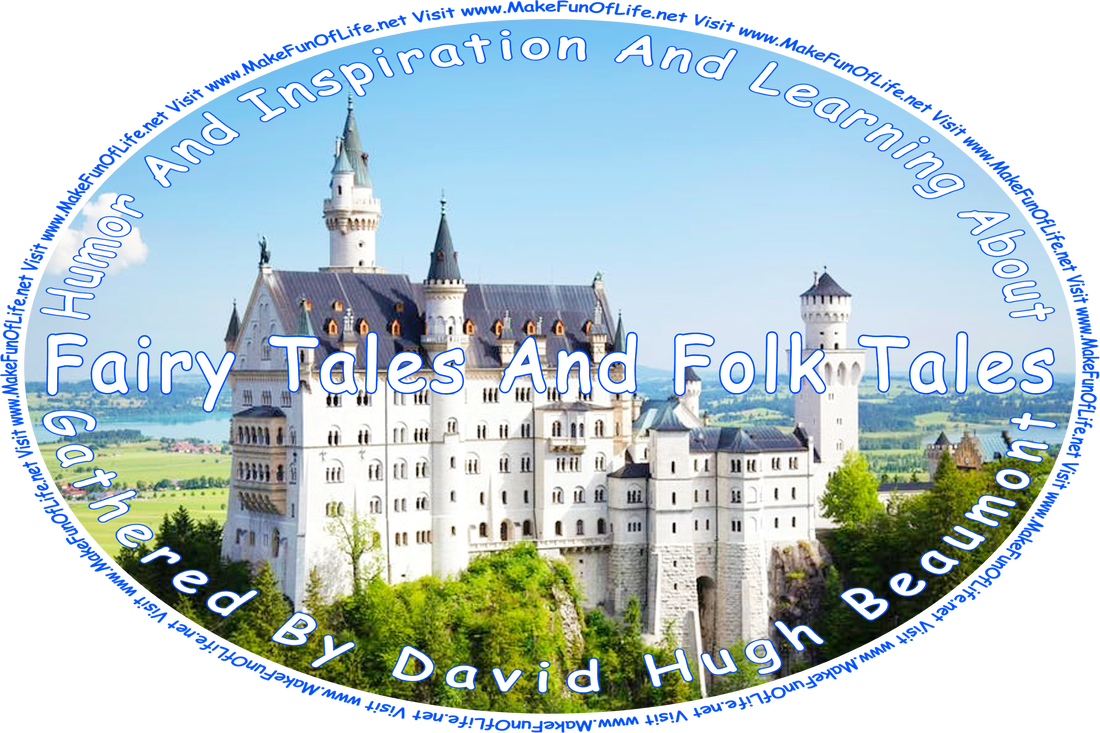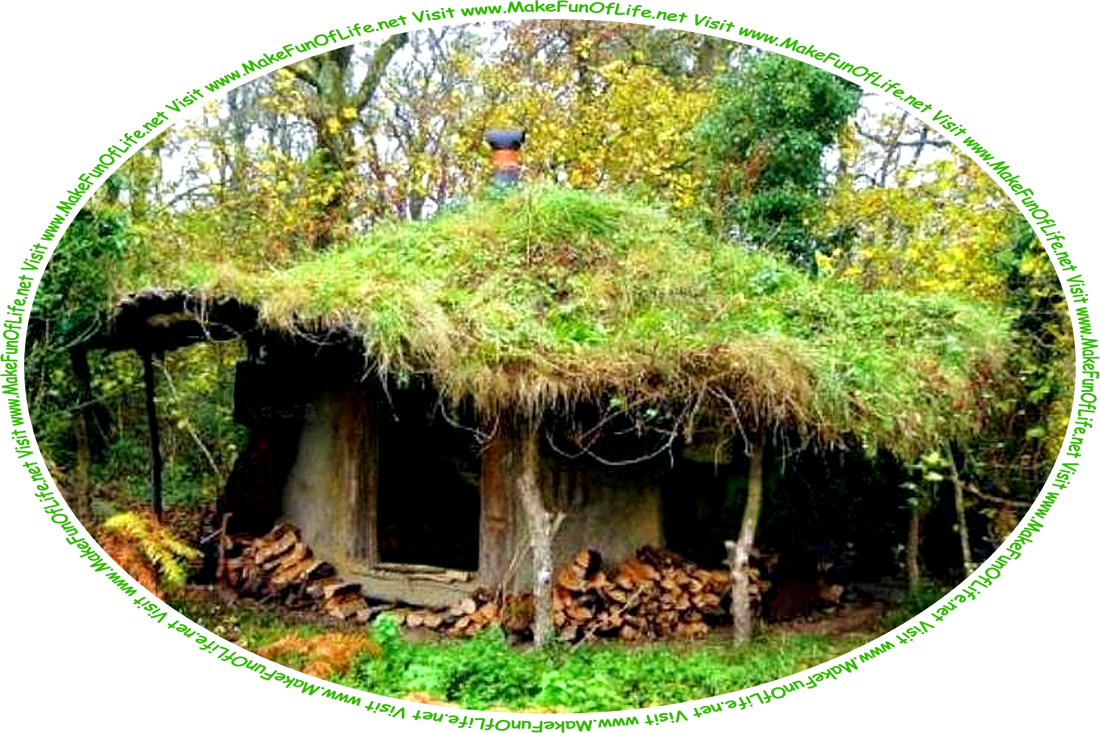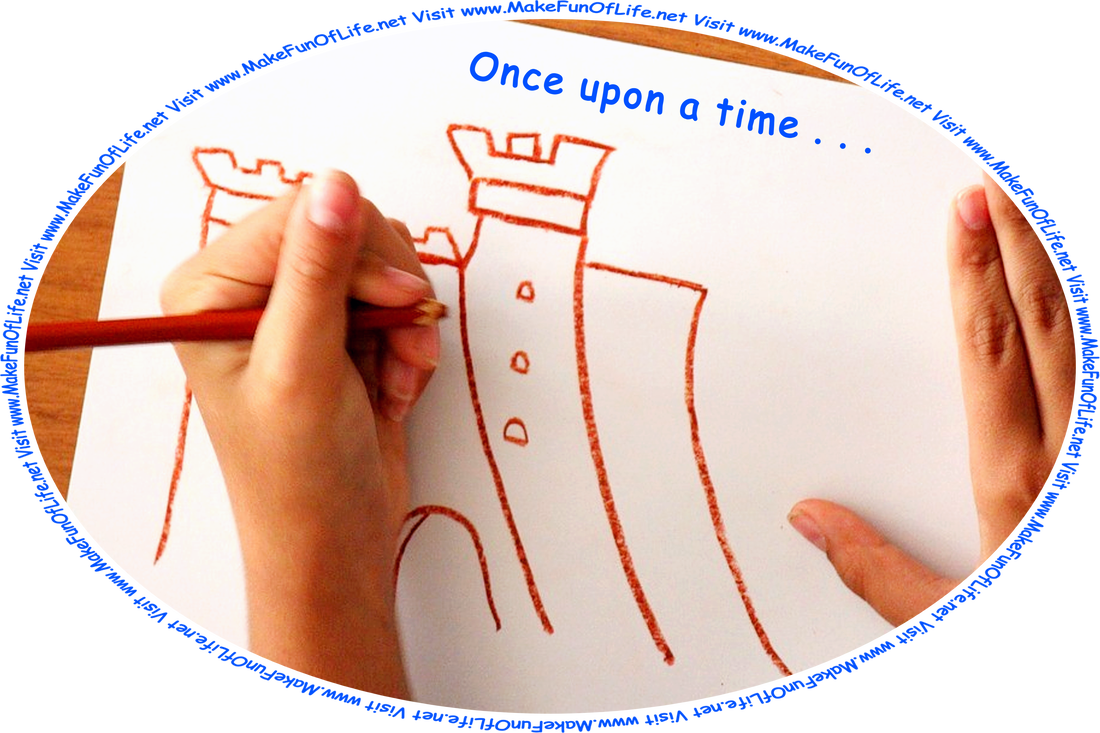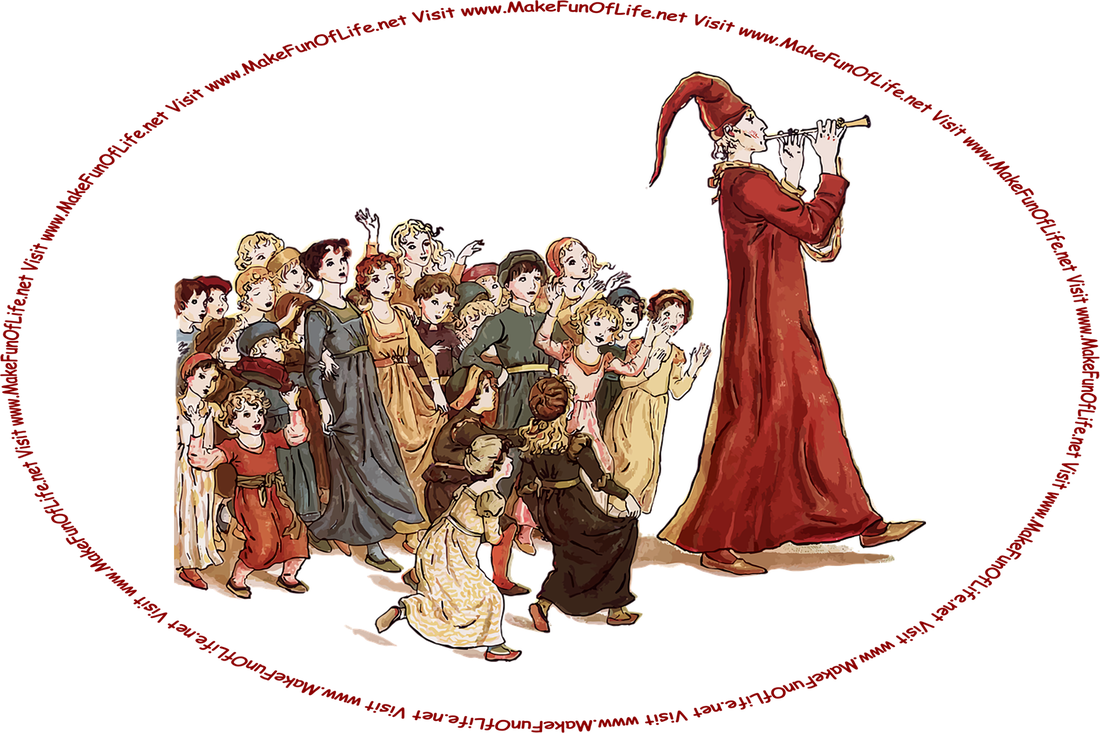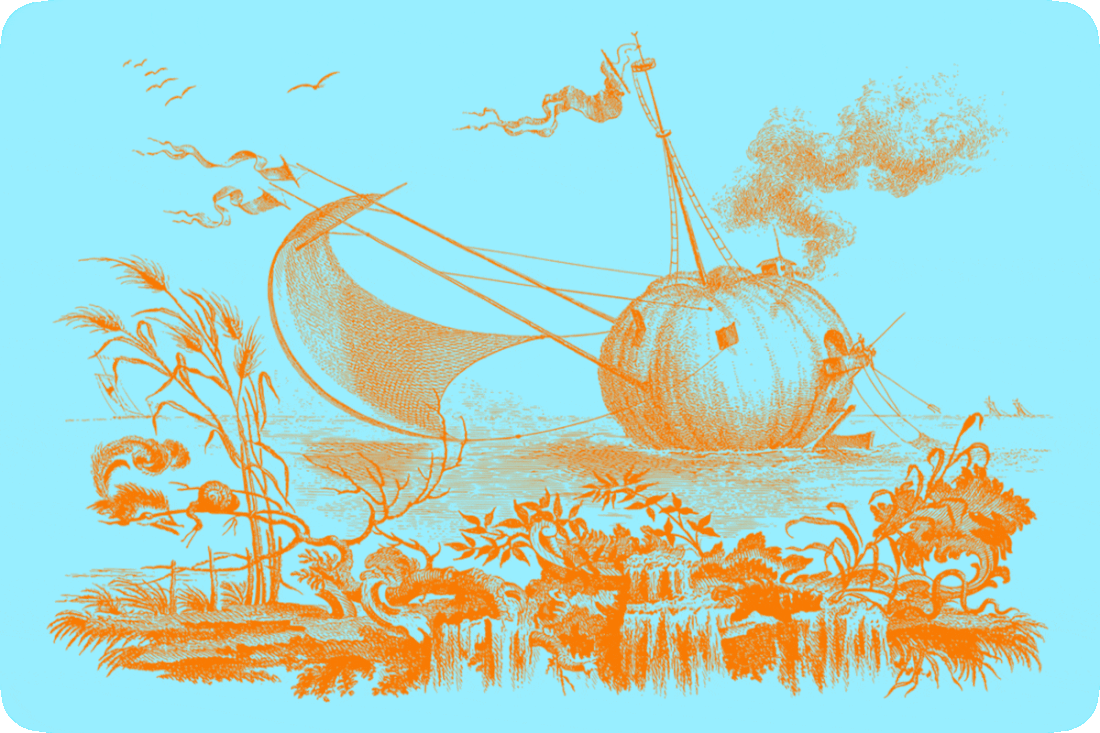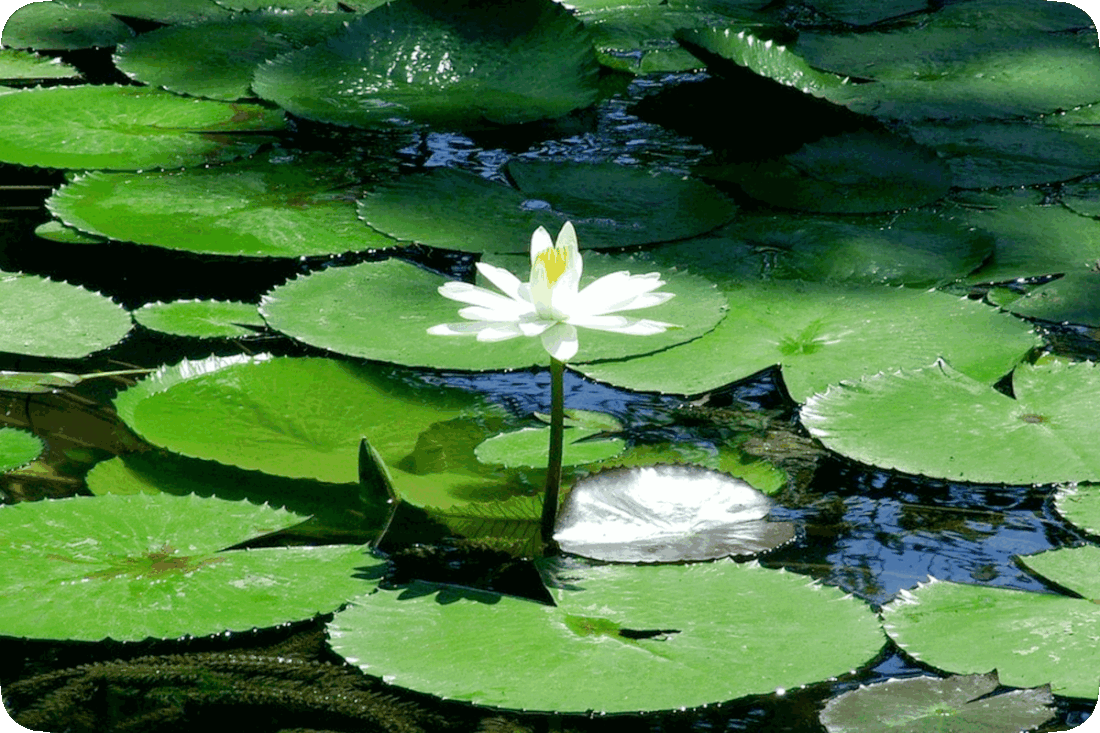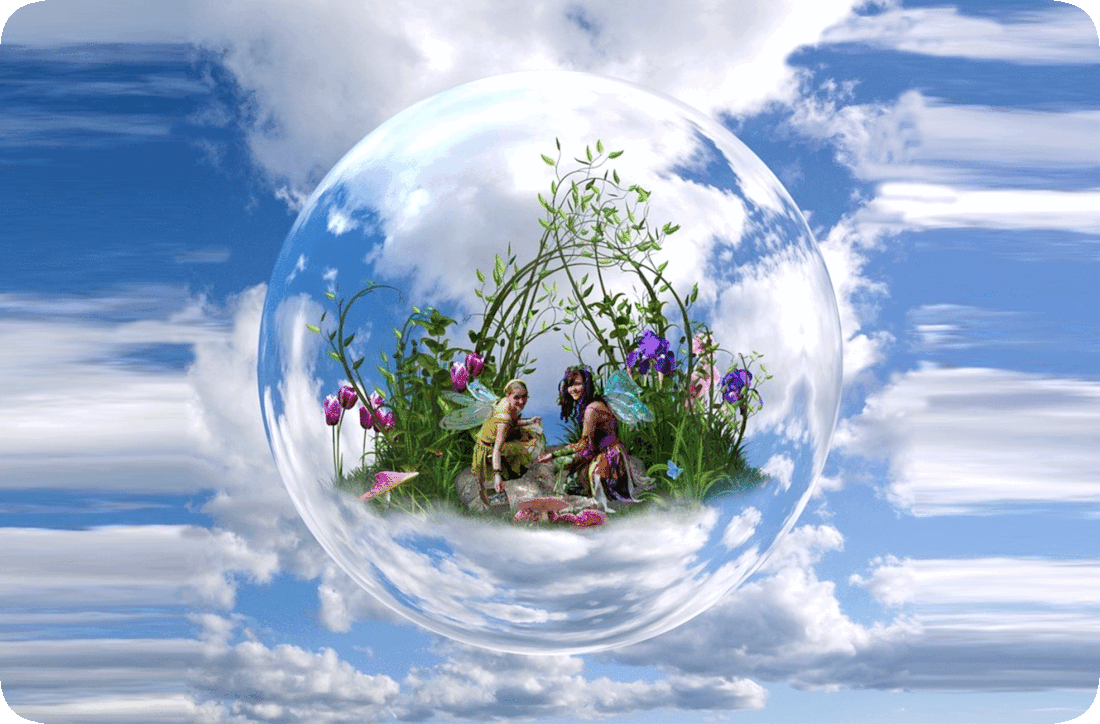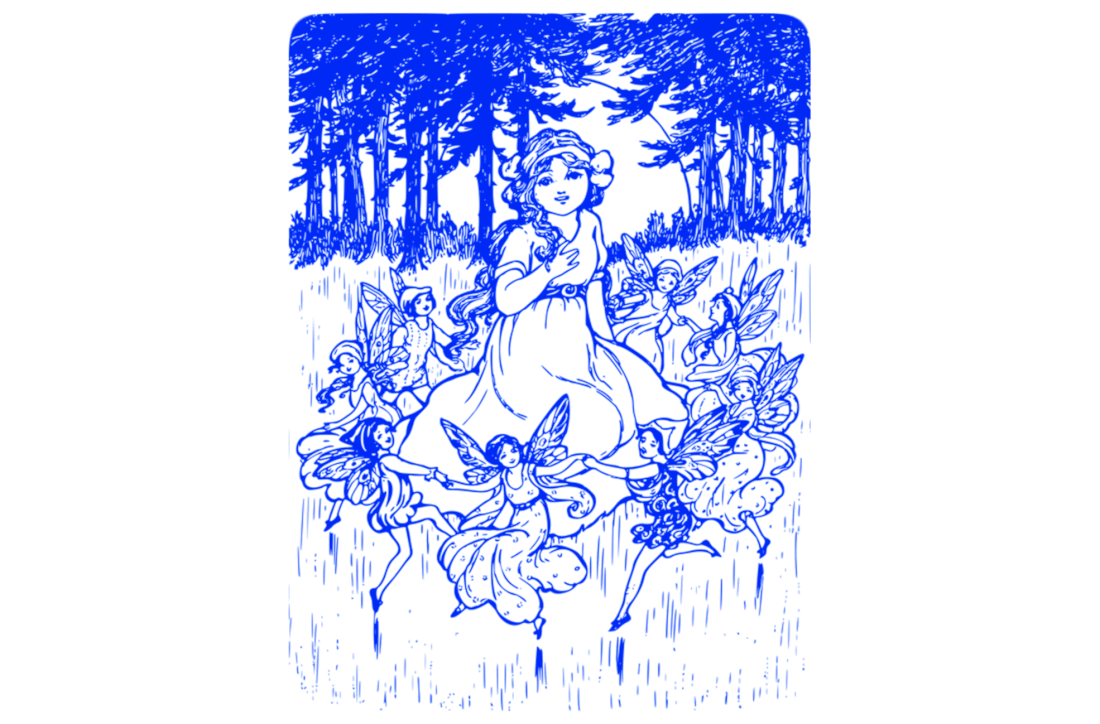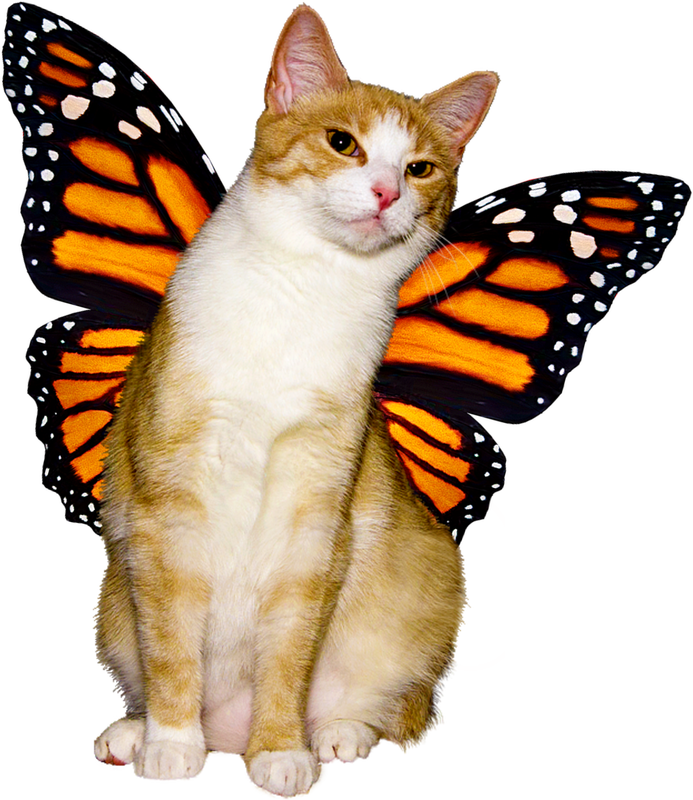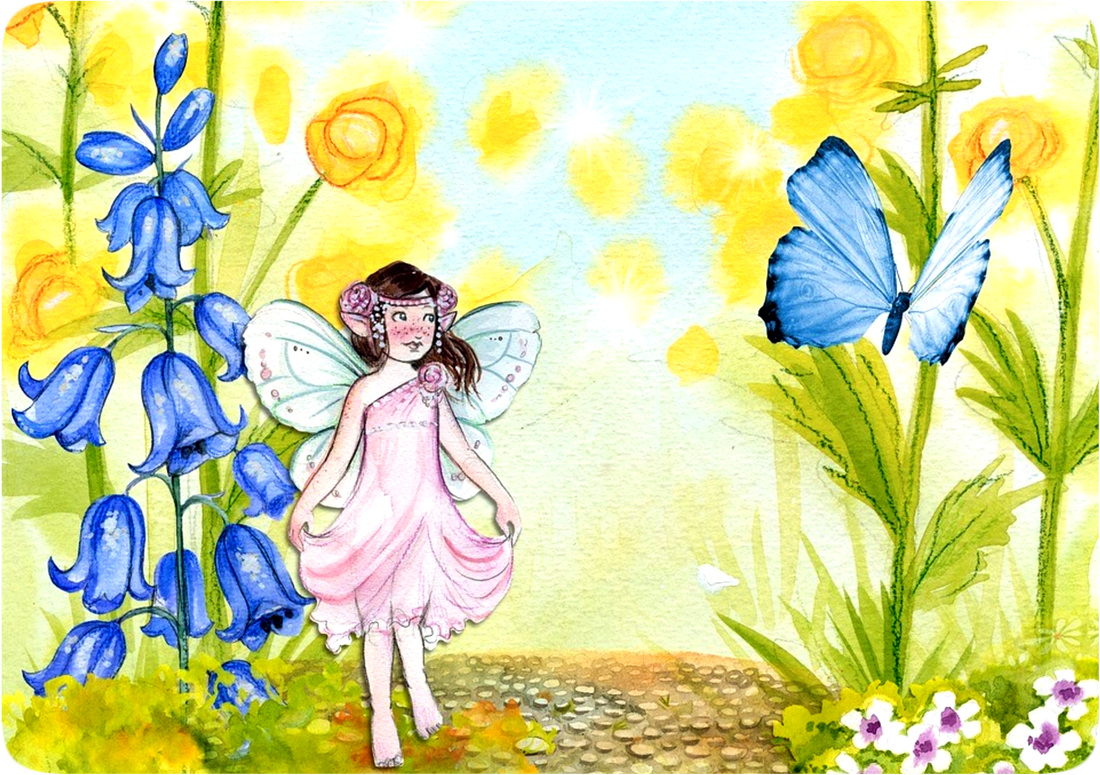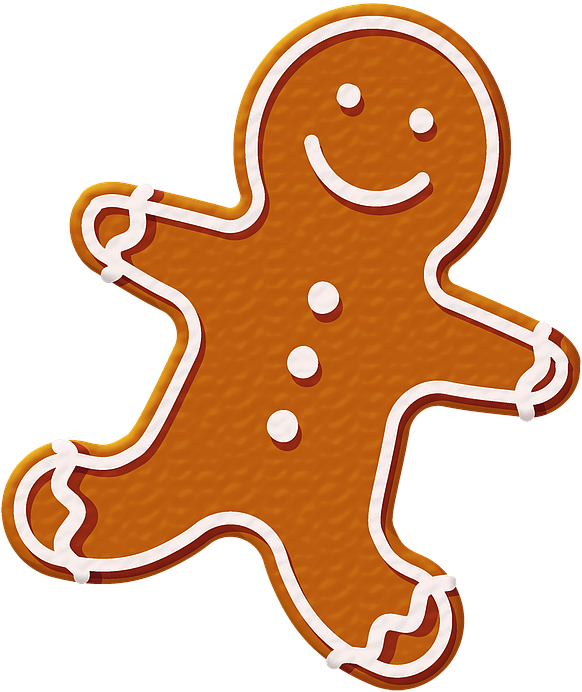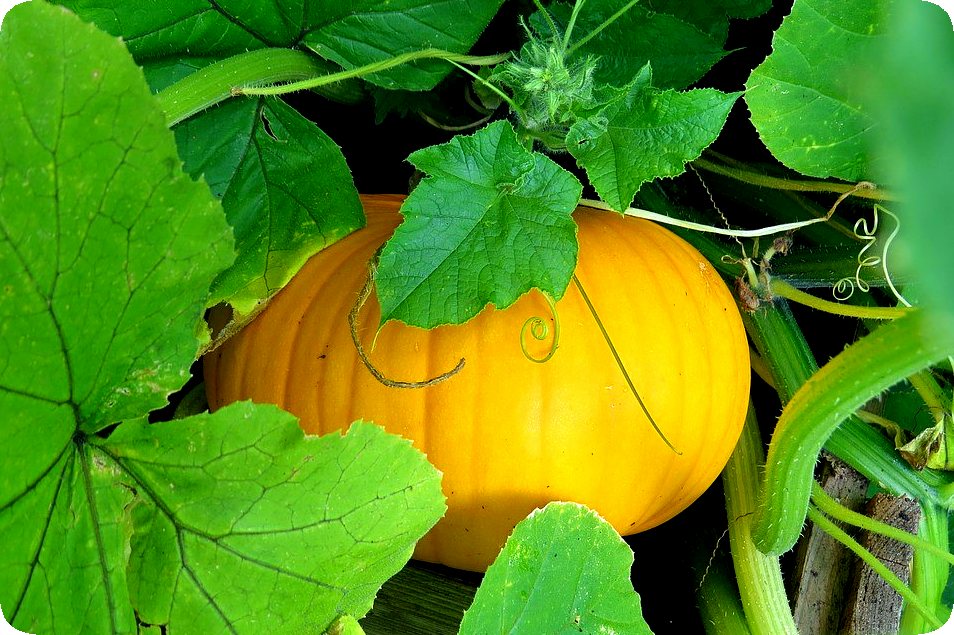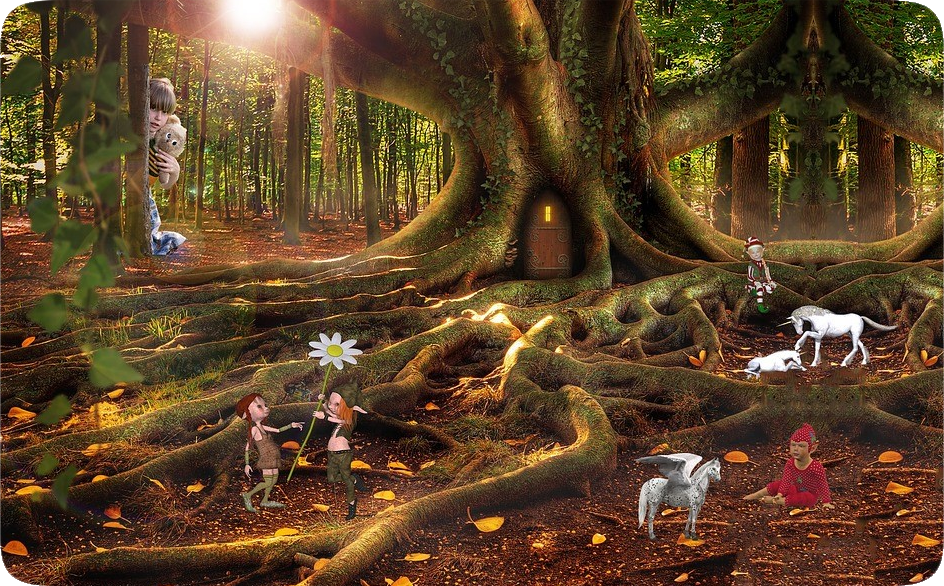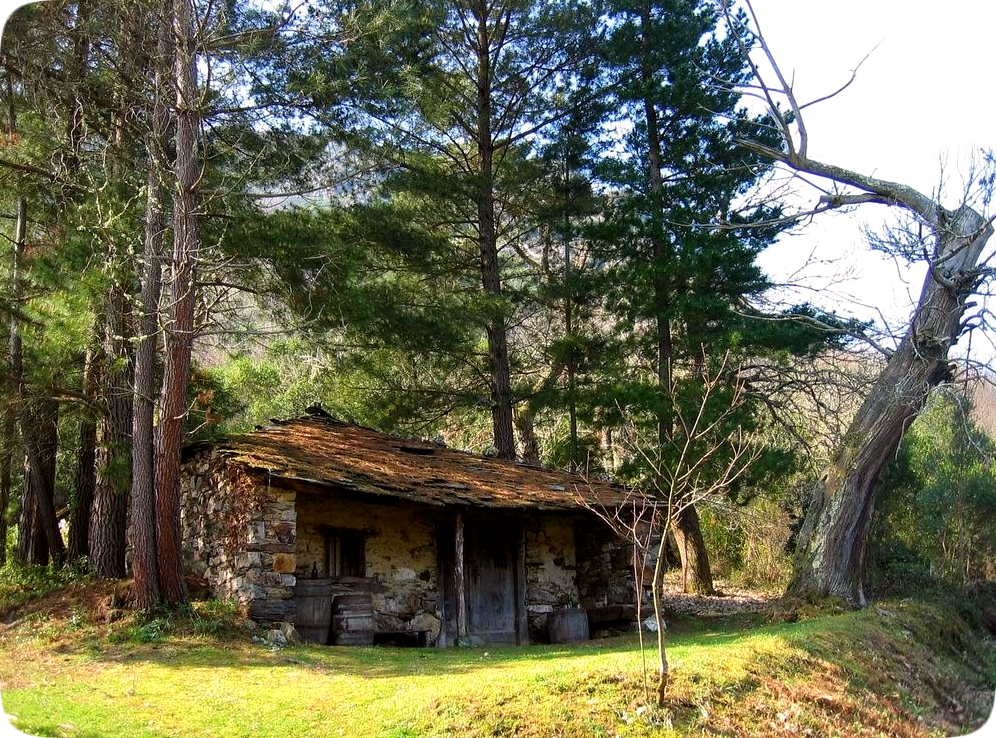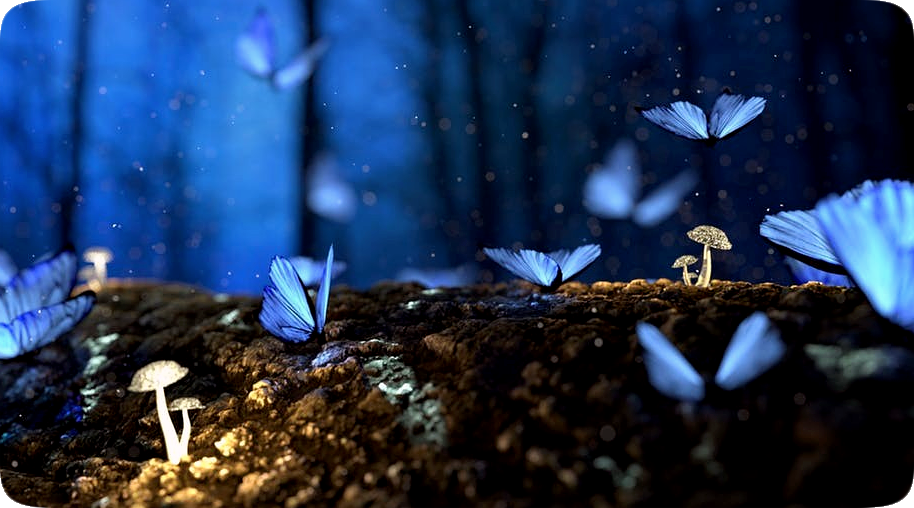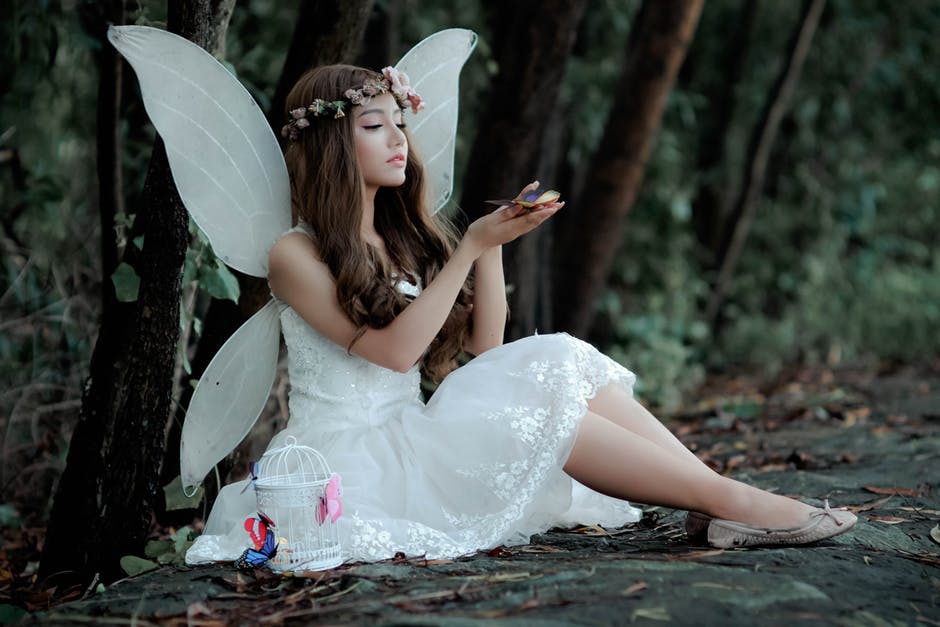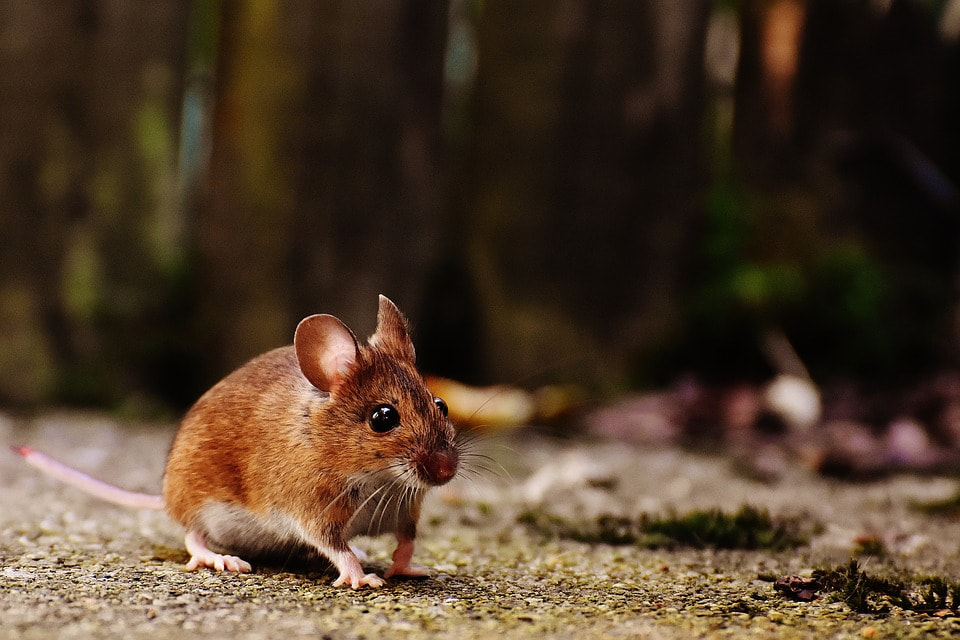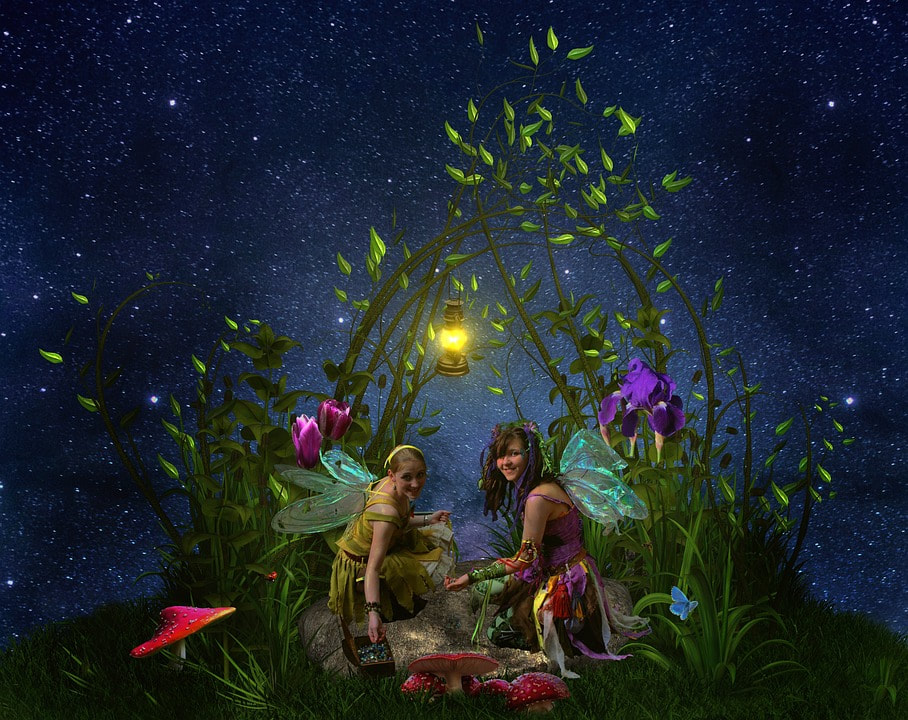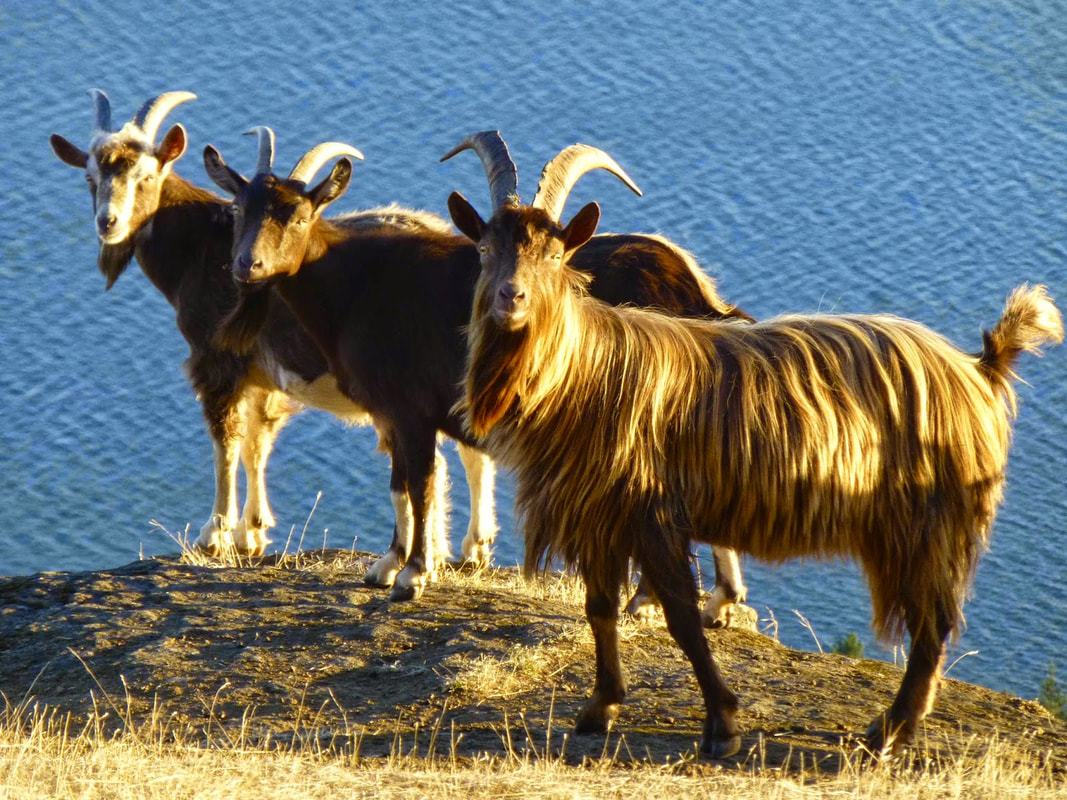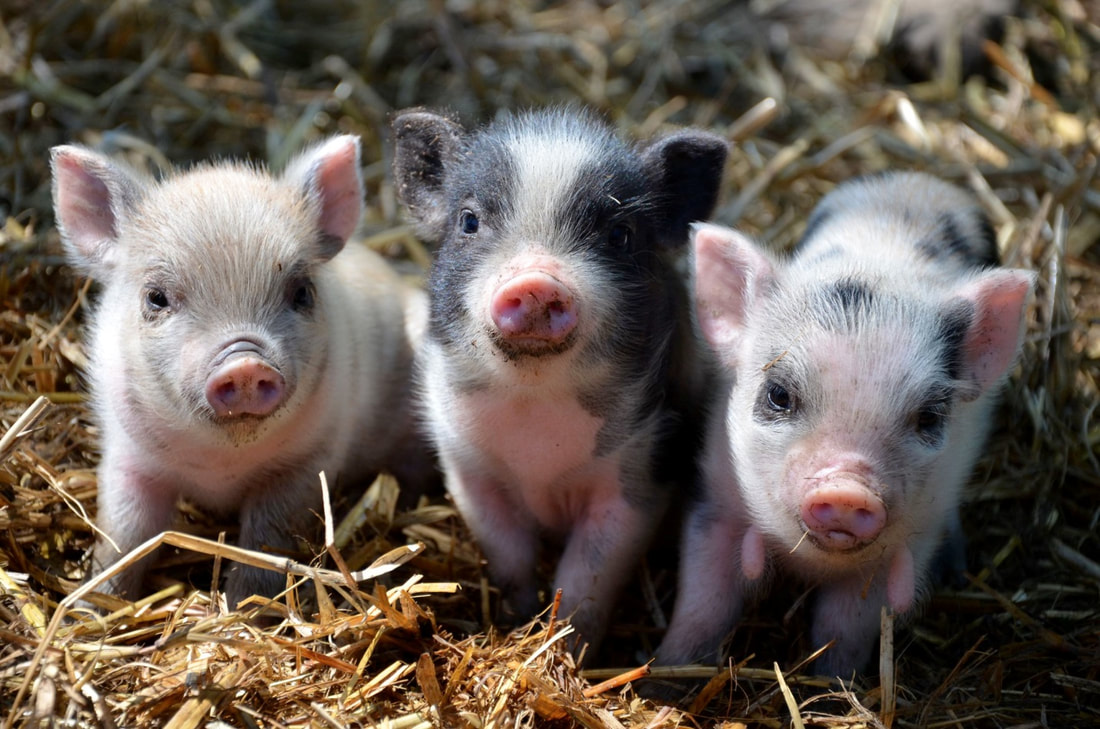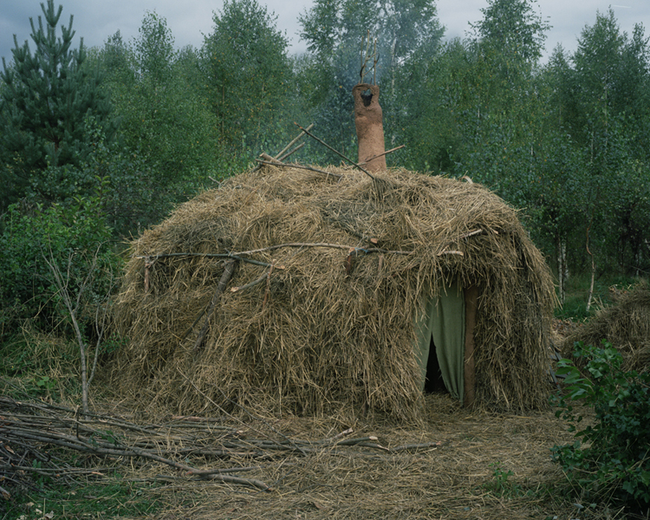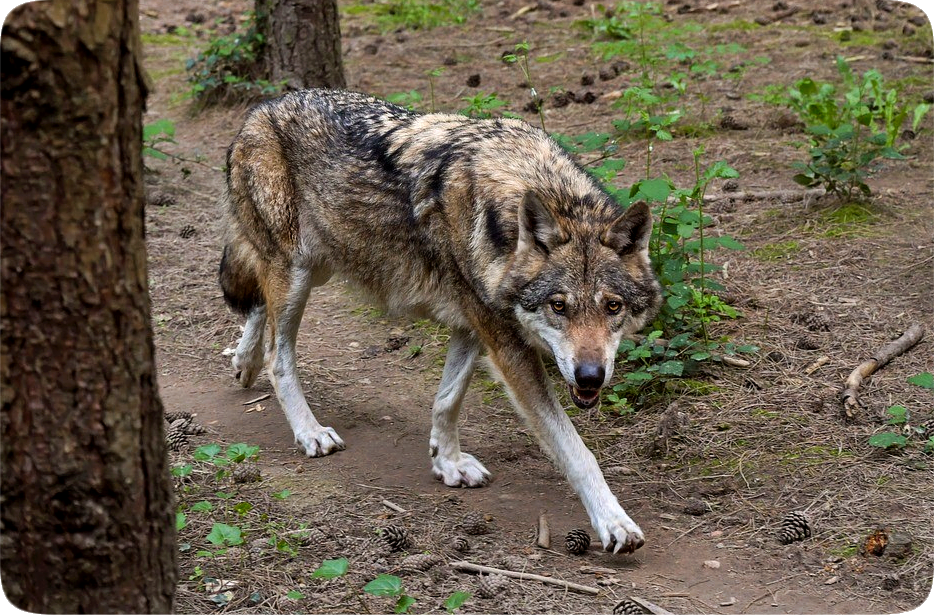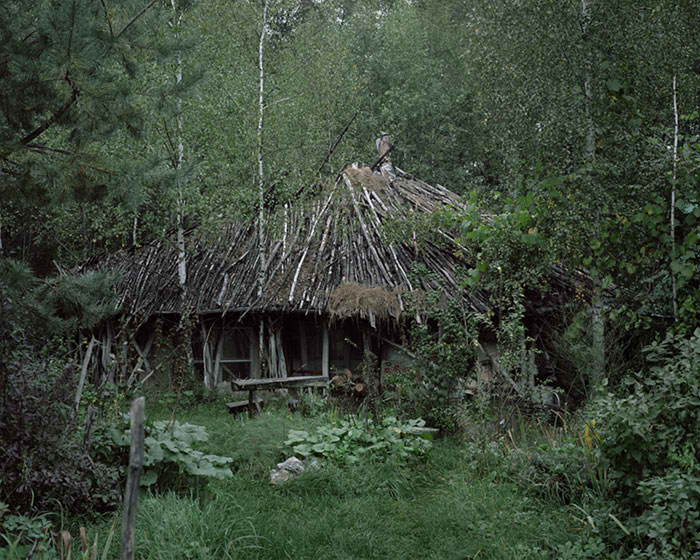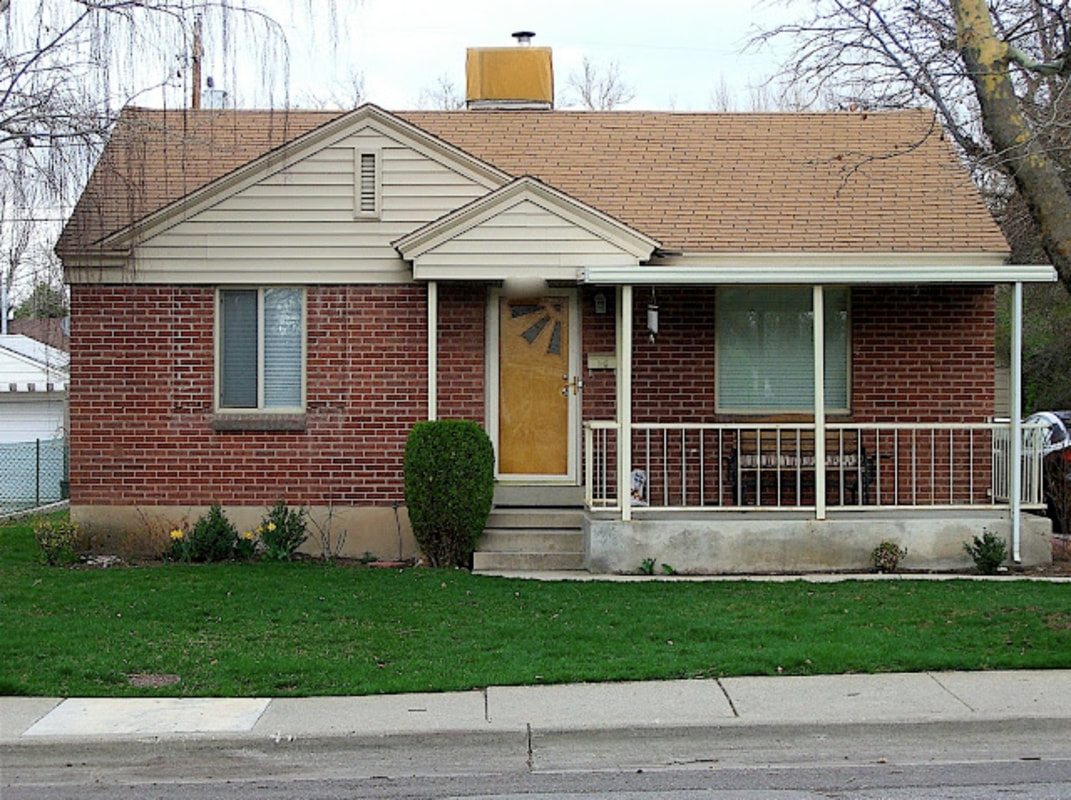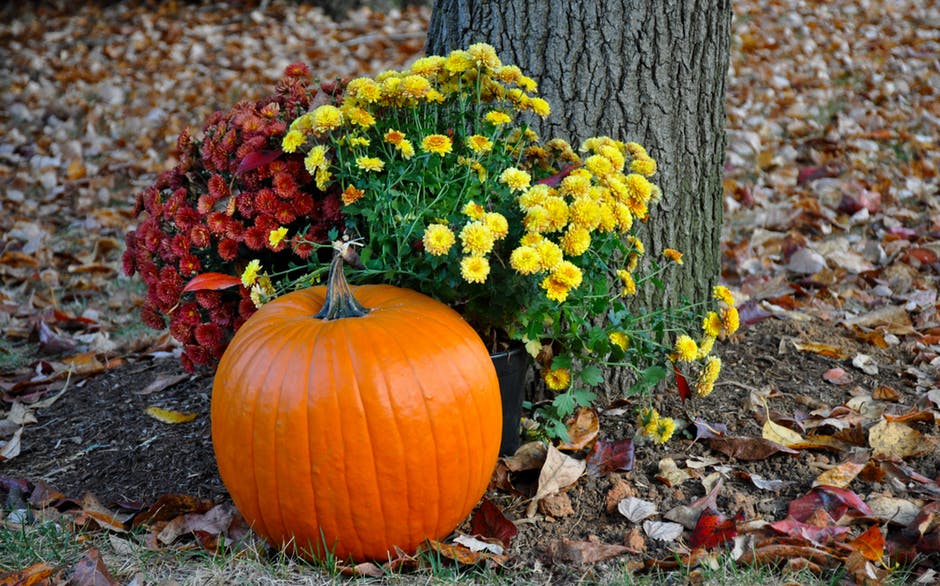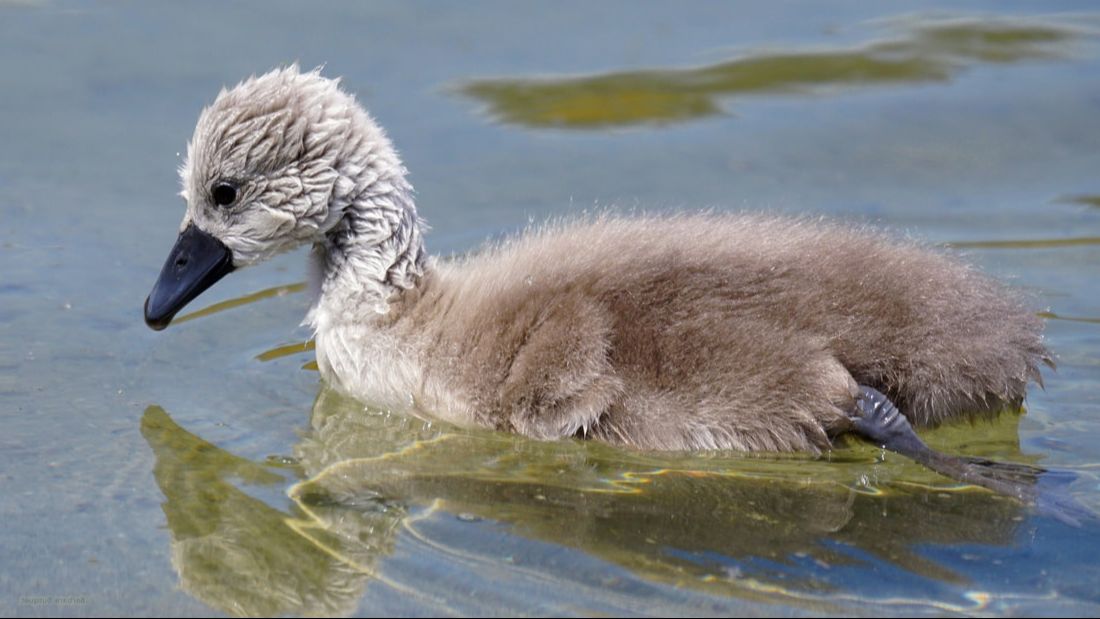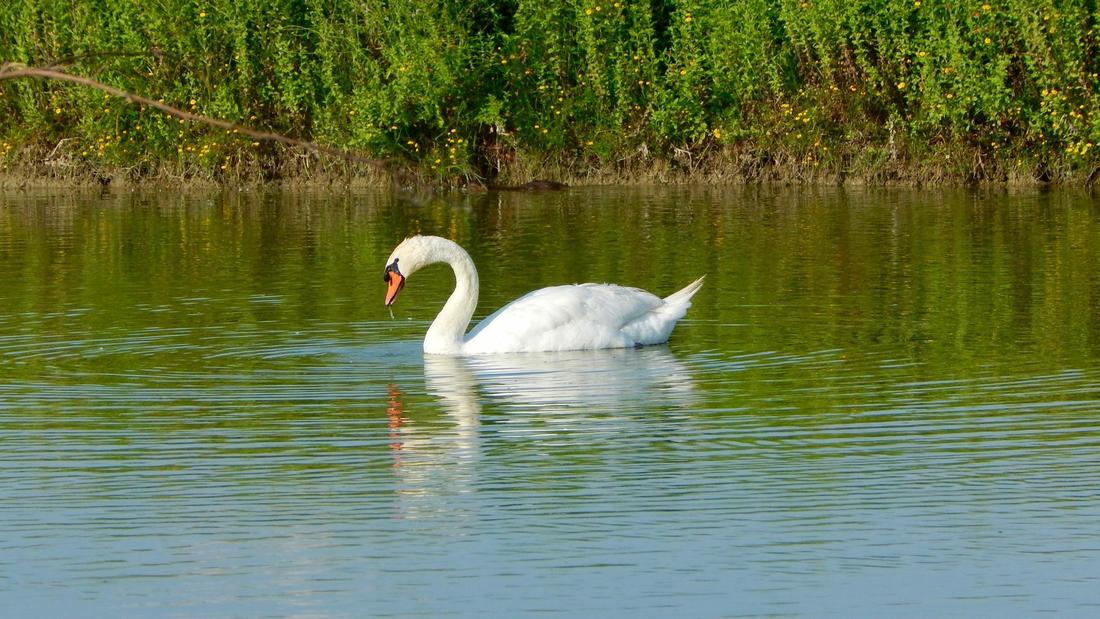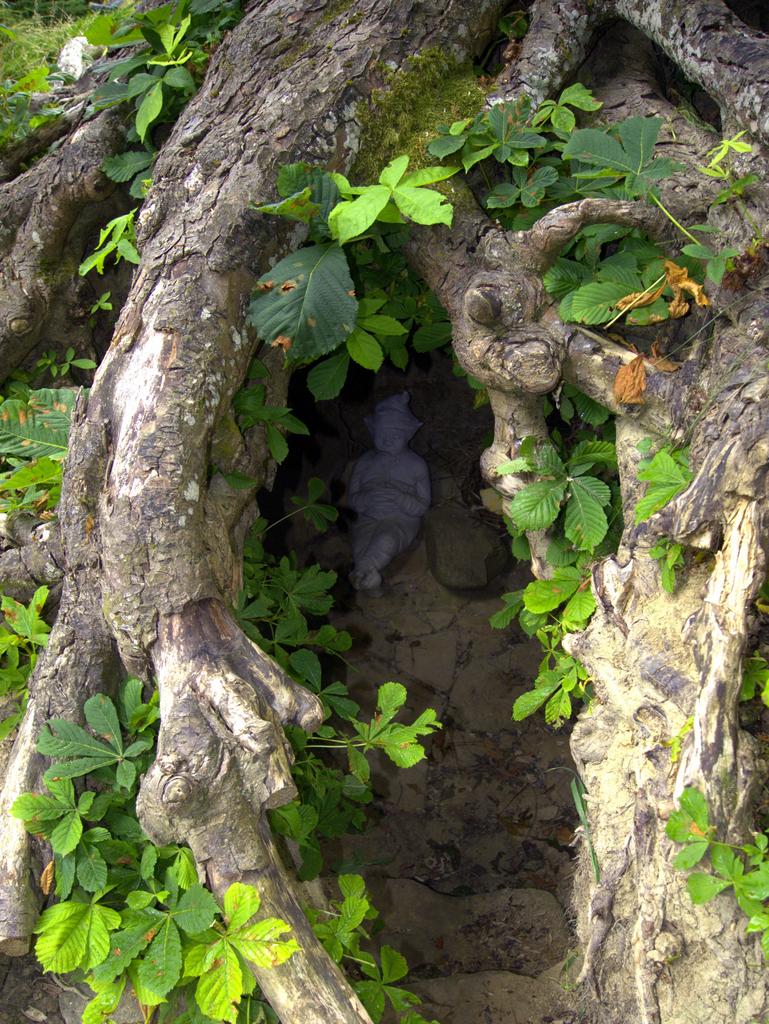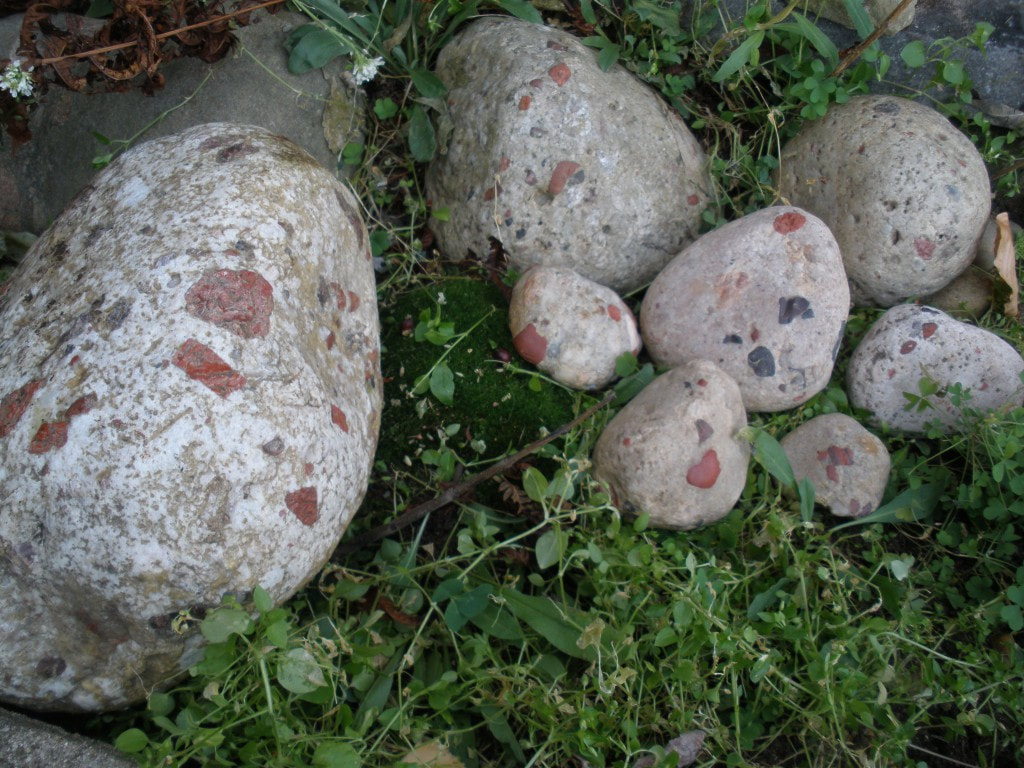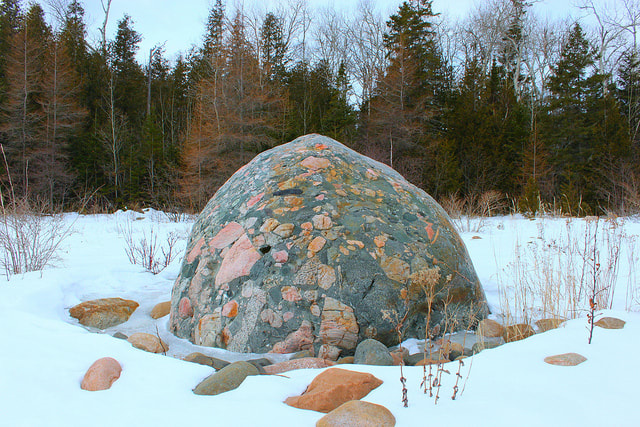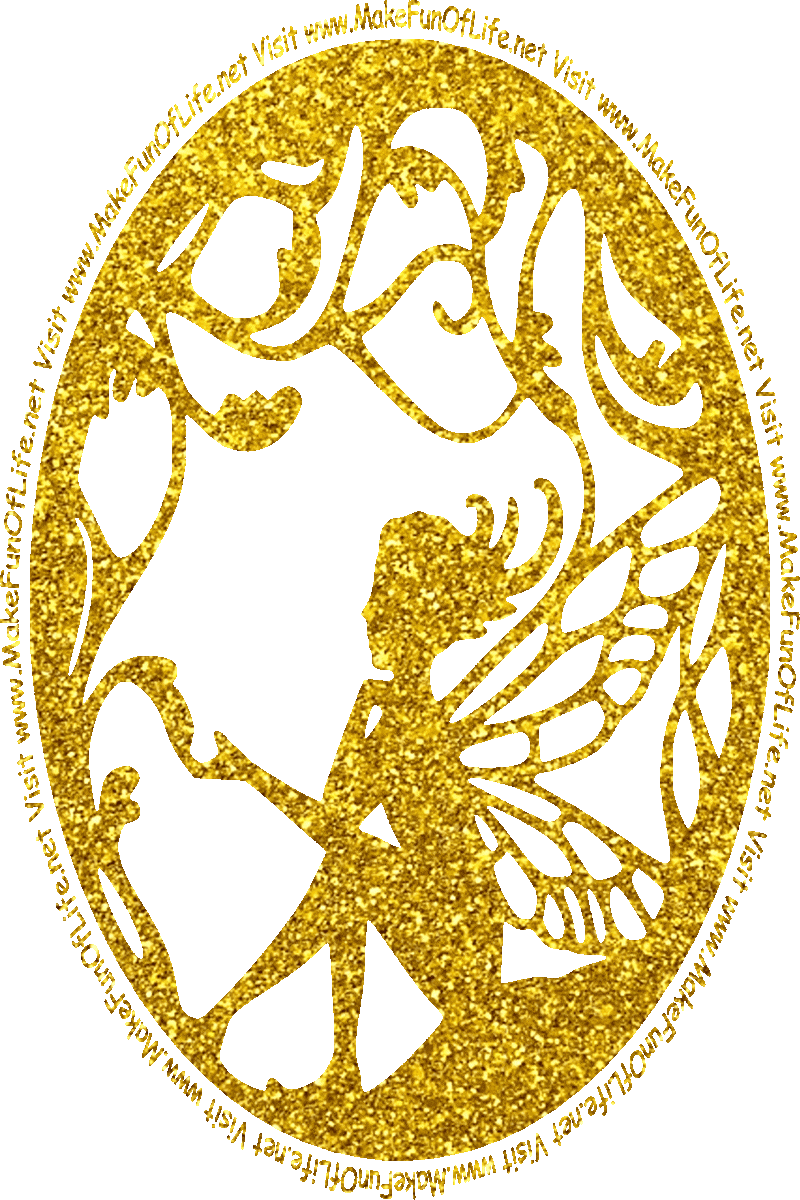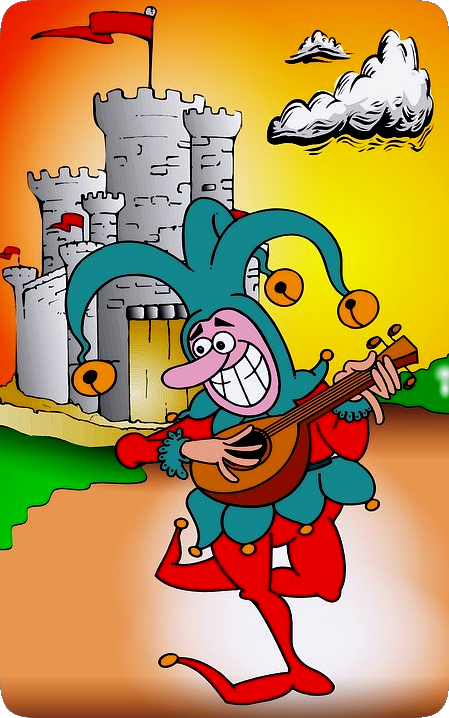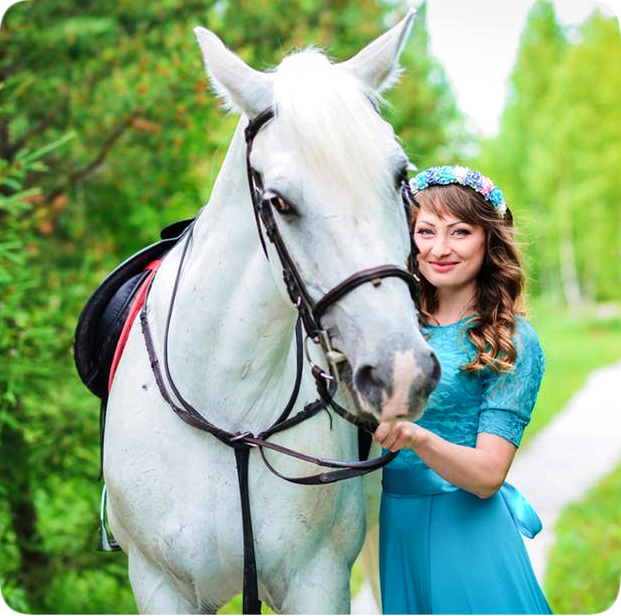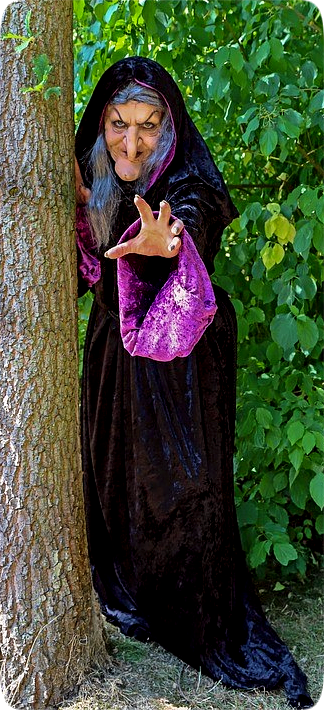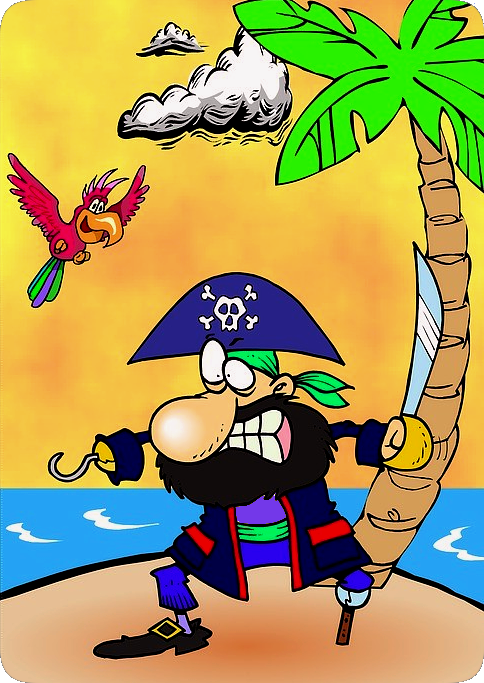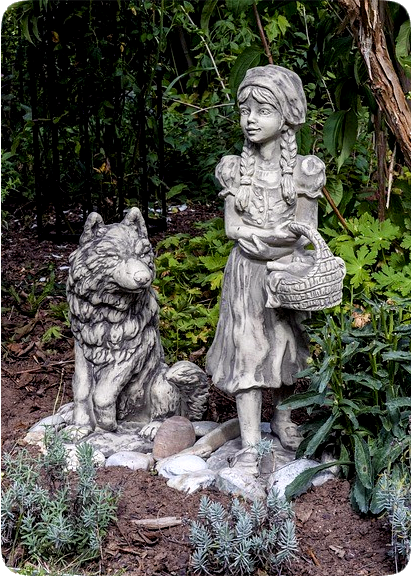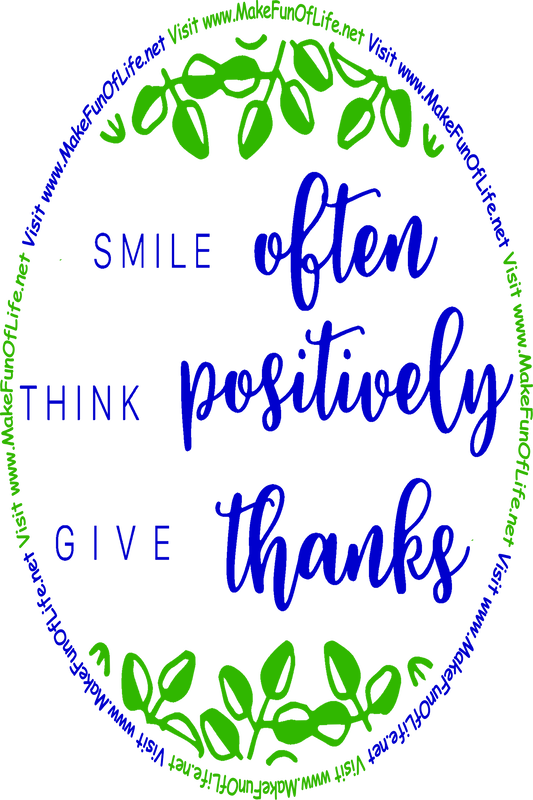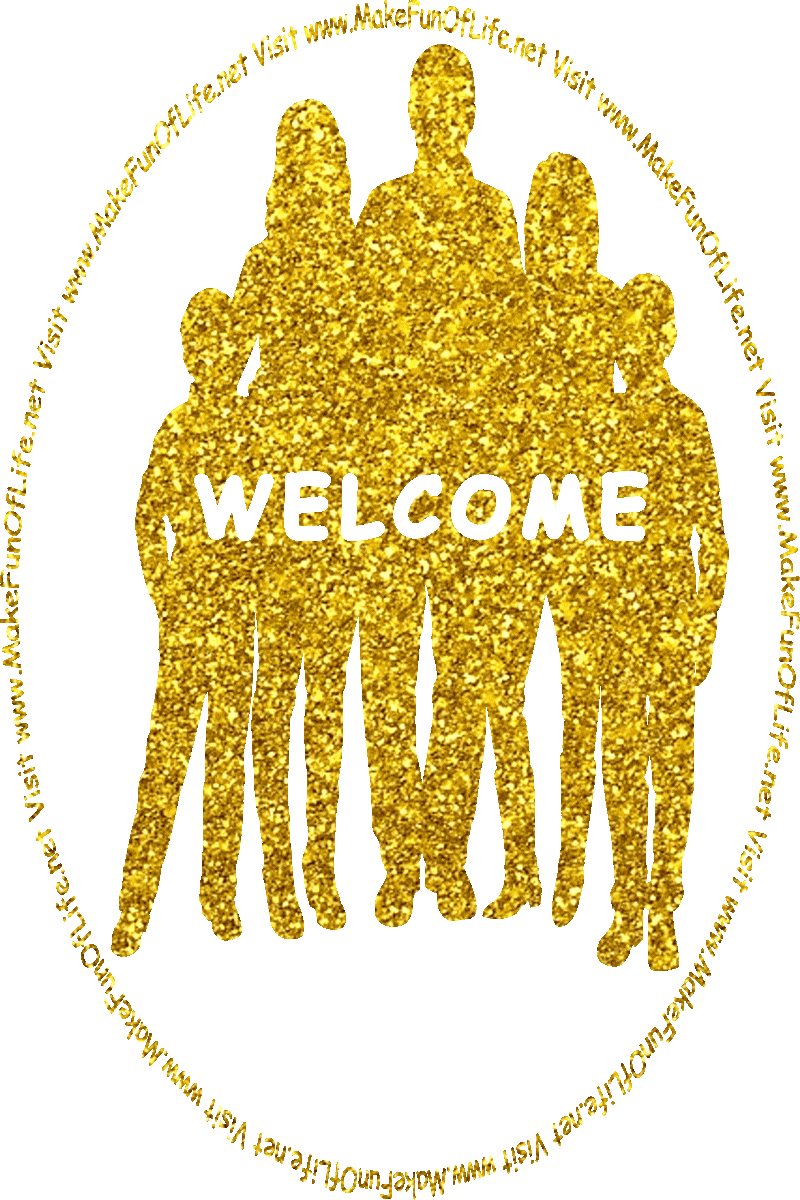We are MFOL! . . . may you live happily ever after . . .
|
Well, hello there! You have arrived on the Fairy Tales Page . . . simply continue down the page to find lovely words and pictures that are just for you . . .
We are MFOL! . . . may you live happily ever after . . .
0 Comments
No more powerful and alluring words have been devised by humankind than these four: “Once upon a time . . .” Glen: What did Cinderella the Fish wear to the under-the-sea ball? Gwen: Glass flippers. Fairy tales can come true, it can happen to you If you’re young at heart. -Carolyn Leigh (1926 - 1983): “Young at Heart” (1954) song Betsy: What is beautiful, gray, and wears glass slippers? Betty: Cinderellephant! Continue scrolling down this website page to read the rest of the article, or click or tap on these words to read “Fun and Learning about Elephants” gathered by David Hugh Beaumont. “Life is a fairy tale. But to see it, you must open your eyes.” -Olianna Port Peter: Why couldn’t the three bears get into their house? Paul: Somebody had put Goldie-Locks on the doors. “A life lesson from a fairy tale: Never look back . . . if Cinderella had gone back to pick up her shoe, she would not have become a princess.” -Author Unknown Continue scrolling down this website page to read the rest of the article, or click or tap on these words to read “Fun and Learning about Past-Dwelling and Living in the Past” gathered by David Hugh Beaumont. Fairy tales, though often untrue, Teach good lads a thing or two. -Alexander Sergeevich Pushkin (1799 - 1837) “Little pig! Little pig! Let me in! Let me in!’ ‘No! No! No! Not by the hairs on my chinny chin chin!’” -Author Unknown The Three Little Pigs There was a hungry wolf, A-searching for his lunch, He spotted three cute homes, A-sitting in a bunch The homes of three small pigs, Of hay and bricks and sticks. He tried to blow their houses down, But ended in a fix. by Author Unknown Continue scrolling down this website page to read the rest of the article, or click or tap on these words to read “Fun and Learning about Poetry” gathered by David Hugh Beaumont. “We are born princes and the civilizing process makes us frogs.” -Eric Berne “Run, run, as fast as you can. You can’t catch me, I’m the Gingerbread man!” -Author Unknown Amelia: What gives milk, goes ‘Moo!’ and makes all your wishes come true? Amy: Your dairy godmother. Continue scrolling down this website page to read the rest of the article, or click or tap on these words to read “Fun and Learning about Cattle” gathered by David Hugh Beaumont. Cinderella’s slippers were originally made of fur, but the story was changed in the 1600’s by a translator, and her slippers became glass. “Hey, Cinderella, are you wearing bottles on your feet?” “Why, yes, I am. Thank you for noticing!” “Fairy tales are more than true. Not because they tell us that dragons exist, but because they tell us that dragons can be defeated.” -G. K. Chesterton (Gilbert Keith Chesterton (1874 - 1936)) A tax auditor had just read the story of Cinderella to his four-year-old daughter for the first time. The little girl was fascinated by the story, especially the part where the pumpkin turned into a golden coach. ‘Daddy,’ she said. ‘When the pumpkin turned into a golden coach, would that be classified as income or a long-term capital gain?’ Vernon: What kind of story is “The Three Little Pigs”? Vera: A ‘pigtail.’ Continue scrolling down this website page to read the rest of the article, or click or tap on these words to read “Fun and Learning about Pigs and Hogs” gathered by David Hugh Beaumont. “The lesson of fairy tales is clear: You should never hesitate to trade your cow for a handful of magic beans.” -Tom Robbins (Thomas Eugene ‘Tom’ Robbins (born 1932)) Continue scrolling down this website page to read the rest of the article, or click or tap on these words to read “Fun and Learning about Risks and Rewards” gathered by David Hugh Beaumont. Hansel: Why was Cinderella such an awful football player? Gretel: Because she had a pumpkin for a coach, she was always running away from the ball, and she kept losing her shoe. “You cannot live life and expect it to be an easy fairy tale. Even princesses in movies struggle to have a happy ending.” -Author Unknown Continue scrolling down this website page to read the rest of the article, or click or tap on these words to read “Fun and Learning about Adversities and Persevering” gathered by David Hugh Beaumont. “Kissing the frog to get the prince is a waste of a perfectly good frog.” -Jim Benton Continue scrolling down this website page to read the rest of the article, or click or tap on these words to read “Fun and Learning about Kisses and Kissing” gathered by David Hugh Beaumont. “They say you have to kiss a lot of frogs before you find your prince, but if you do, you could end up with warts and other awful things you will not want. So, if you are wise, you will not kiss frogs, and though you will not get your prince-turned-frog-turned-prince, maybe if you stand afar off and just blow a kiss to a frog, the frog might wonder what you are doing . . . which is still something.” -David Hugh Beaumont (born 1966): “If You Believe in Fairy Tales” Continue scrolling down this website page to read the rest of the article, or click or tap on these words to read “Fun and Learning about Efforts and Benefits” gathered by David Hugh Beaumont. Erma: What did Cinderella say when the drugstore lost her photographs? Myrna: “Someday my prints will come!” How to Survive a Fairy Tale Sound Advice. If you should find yourself lost in a book, Where certainly no one would think to look, Follow these tips to keep yourself safe, From witch, or from troll, or cold-blooded snake. Be Helpful. If someone should ask you for a helping hand, Help without thinking, do not be grand. Chances are, they will later come back, To assist you from a confusing trap. Listen. If you’re given advice, listen or be doomed, Even if it comes from an animal, However degrading, I am sure you will find It is highly preferable to stay alive. Be Cunning. While there are those who mean you no harm, There are the people on the other arm, Most would eat you without a regret, So stay alert to keep safe from them. Stay Safe. Stick to the path, Don’t open the door, Keep away from that cottage, Or we’ll see you no more. Now You Are Wiser. Follow these hints, And you will be safe, But beware if the rules you ignore and break. Don’t say we didn’t warn you. by Karissa E., from Spokane Valley, Washington, United States of America Continue scrolling down this website page to read the rest of the article, or click or tap on these words to read “Fun and Learning about Wisdom and Advice” gathered by David Hugh Beaumont. “My favorite fairy tale is the one where the three creatures that grow on trees are scared of the Big Bad Wolf - you know, “The Three Little Figs!”” -Author Unknown Jeremy: What grows on trees and is afraid of wolves? Marjorie: The three little figs. “If you want your children to be intelligent, read them fairy tales.” -Albert Einstein (1879 - 1955) “Daddy,” a little girl asked her father, “do all fairy tales begin with ‘Once upon a time’?” “No, sweetheart,” he answered. “Some begin with ‘If I am elected . . .’” Overheard: No one is too young or too old for fairy tales. Continue scrolling down this website page to read the rest of the article, or click or tap on these words to read “Fun and Learning about Age and Aging” gathered by David Hugh Beaumont. Goldilocks and the Three Bears: Once upon a time, there were three bears. A Mommy bear, a Daddy bear, and a Baby bear. One day they went for a walk. When they got back, Daddy bear asked, “Who’s been eating my porridge?” Baby bear asked tearfully, “And who’s been eating my porridge?” Finally, Mommy bear chimed in with, “Oh, stop this silliness - I haven’t made any porridge this morning as of yet.” “Life itself is the most wonderful fairy tale.” -Hans Christian Andersen (1805 - 1875): “The True Story of My Life” (1871) “A charmed life is not theirs; a hard lot is theirs. Few fairy tale characters live in castles. Many of them call far more humble abodes their home. They sleep on the floor, subsist on boiled roots, nuts, and berries, and earn a precarious living doing difficult labor for meager pay, when they can get it. They must always carry a big, heavy stick to fend off thieves and wolves. Yet they rarely consider themselves poor or question the way life treats them, because just trying to stay alive each day fully occupies them. Possibly the lives of ordinary fairy tale characters have much in common with the lives of ordinary real people, because neither know much of the charmed world of princesses and palaces . . . except in fairy tales they might have heard.” -David Hugh Beaumont (born 1966): “If You Believe in Fairy Tales” Continue scrolling down this website page to read the rest of the article, or click or tap on these words to read “Fun and Learning about Life and Living” gathered by David Hugh Beaumont. Olaf: What has six legs, four ears, and a shining suit of armor? Olga: A prince on horseback! “Wherever is love and loyalty, great purposes and lofty souls, even though in a hovel or a mine, there is a fairy-land.” -Charles Kingsley: “Westward Ho!” (1857), page 161 One day a boy was sitting in his first grade class as the teacher was reading the story of the “Three Little Pigs.” The story is about three pigs who build houses of straw, sticks, and bricks to protect themselves from the big bad wolf. She came to the part of the story where the first pig was trying to acquire building materials for his home. She said, “. . . and so the pig went up to the man with a wheelbarrow full of straw and said ‘Pardon me sir, but might I have some of that straw to build my house with?’” Then the teacher asked the class, “And what do you think that man said?” My friend’s son raised his hand and said, “I know! I know! He said, ‘Wow! I don’t believe it - a real, live talking pig!’” The teacher was unable to teach for the next ten minutes. “Cinderella is proof that a new pair of shoes can change your life.” -Author Unknown Continue scrolling down this website page to read the rest of the article, or click or tap on these words to read “Fun and Learning about Changing and Adjusting” gathered by David Hugh Beaumont. Marty: Why did Cinderella fall down at the ball? Arty: Because she was wearing slippers. Mouse: My, what big ears you have, and such a long nose, and pointed teeth - you are not going to eat me . . . are you? Elephant: Yes, I do have big ears, though my trunk is much more than just a great long nose, and my tusks are not for chewing like teeth are. Also, I am a vegetarian, and I do not eat mice. -David Hugh Beaumont (born 1966): “Fairy Tales Re-Imagined” Continue scrolling down this website page to read the rest of the article, or click or tap on these words to read “Fun and Learning about Anatomy and Physiology” gathered by David Hugh Beaumont. “When I was ten, I read fairy tales in secret and would have been ashamed if I had been found doing so. Now that I am 50, I read them openly. When I became a man, I put away childish things - including the fear of childishness and the desire to be grown-up.” -C. S. Lewis (Clive Staples Lewis (1898 - 1963)): as quoted in Walter Hooper, editor: “Of This and Other Worlds” (1982) Rumpelstiltskin: What is it that everybody listens to but no intelligent person believes? Rapunzel: The weather reporter. Continue scrolling down this website page to read the rest of the article, or click or tap on these words to read “Fun and Learning about Weather and Climates” gathered by David Hugh Beaumont. Fairy Tales Quiz - What do the three bears like to eat for breakfast? - What types of characters can be found in fairy tales? - Which fairy tale has seven dwarfs? - What is the purpose of fairy tales? - What fairy tale character is half-human and half-fish? - What is your favorite fairy tale? “I like Cinderella, I really do. She has a good work ethic. I appreciate a good, hard-working gal. And she likes shoes.” -Amy Adams Continue scrolling down this website page to read the rest of the article, or click or tap on these words to read “Fun and Learning about Shoes and Footwear” gathered by David Hugh Beaumont. Fairy Tales Quiz Answers - The three bears like to eat porridge for breakfast. - Characters such as talking animals, tradesmen, giants, children, princesses, and magical beings can be found in fairy tales. - The fairy tale that has seven dwarfs is, “Snow White and the Seven Dwarfs.” - The purpose of fairy tales is to teach people about the dangers and wonderfulness of life in an entertaining fashion. - The Little Mermaid is a half-human, half-fish fairy tale character. - You get to decide which fairy tale is your favorite, and no one else gets to decide for you. “He’s away with the fairies,” is an Irish expression for someone who is a bit loopy or a daydreamer. Continue scrolling down this website page to read the rest of the article, or click or tap on these words to read “Fun and Learning about Fairies and Faeries” gathered by David Hugh Beaumont. “Someday you will be old enough to start reading fairy tales again.” -C. S. Lewis (Clive Staples Lewis (1898 - 1963)) In the original Italian version of “Cinderella,” the benevolent fairy godmother character was a cat. Continue scrolling down this website page to read the rest of the article, or click or tap on these words to read “Fun and Learning about Domestic Cats” gathered by David Hugh Beaumont. “Happily ever after is not a place; it is a state of being, and you have to work at it every day.” -Gwendolyn Heasley Continue scrolling down this website page to read the rest of the article, or click or tap on these words to read “Fun and Learning about Happiness” gathered by David Hugh Beaumont. “There are still fairy tales to be imagined, written, and illustrated with pictures . . . meaning there is important work yet to be done, perhaps by you. Can you think up a fairy tale, write it down, sketch some scenes from it, and make it into a book or movie? The answer is that yes, you can. It is one small part of the unlimited potential that is in you, in a world of endless possibilities that stretch further than any eyes can see. Ours is indeed a fairy tale world, and you are one of the many fairy tale characters in it.” -David Hugh Beaumont (born 1966): “If You Believe in Fairy Tales”
Continue scrolling down this website page to read the rest of the article, or click or tap on these words to read “Fun and Learning about Writing and Writers” gathered by David Hugh Beaumont. Clever Wee Pig There once was a clever wee pig Whose brothers were lazy and big. Their homes were too weak So they ran with a squeak To the house of the clever wee pig. by Author Unknown Continue scrolling down this website page to read the rest of the article, or click or tap on these words to read “Fun and Learning about Limericks” gathered by David Hugh Beaumont. Maybe the way to write a fairy tale is to decide on a moral or lesson first, and then build, or write, the story around it? Continue scrolling down this website page to read the rest of the article, or click or tap on these words to read “Fun and Learning about Questions and Queries” gathered by David Hugh Beaumont. Cinderella, originally known as Aschenputtel, lost her left shoe at the stairway when the prince tried to follow her. So, does that mean she was walking around for the rest of the evening with no shoe on one foot, and one shoe on the other foot? Continue scrolling down this website page to read the rest of the article, or click or tap on these words to read “Fun and Learning about Fun Facts and Trivia” gathered by David Hugh Beaumont. “Fairy tales in childhood are stepping stones throughout life, leading the way through trouble and trial. The value of fairy tales lies not in a brief literary escape from reality, but in the gift of hope that goodness truly is more powerful than evil and that even the darkest reality can lead to a Happily Ever After. Do not take that gift of hope lightly. It has the power to conquer despair in the midst of sorrow, to light the darkness in the valleys of life, to whisper, “One more time,” in the face of failure. Hope is what gives life to dreams, making the fairy tale the reality.” -L. R. Knost Continue scrolling down this website page to read the rest of the article, or click or tap on these words to read “Fun and Learning about Hopes and Dreams” gathered by David Hugh Beaumont. “We like stories that have happy endings, because they give us hope, or at least, do not take it away from us.” -Author Unknown Knock, knock. Who’s there? Andy. Andy, who? Andy all lived happily ever after! Continue scrolling down this website page to read the rest of the article, or click or tap on these words to read “Fun and Learning about Knock-Knock Jokes” gathered by David Hugh Beaumont. “If I’m honest, I have to tell you I still read fairy tales, and I like them best of all.” -Audrey Hepburn (1929 - 1993) Continue scrolling down this website page to read the rest of the article, or click or tap on these words to read “Fun and Learning about Reading and Books” gathered by David Hugh Beaumont. Fairy Tales Fairy tales, for those who believe, are not a tale at all. They are whispered to us in our dreams, by fairies one and all. by Author Unknown Continue scrolling down this website page to read the rest of the article, or click or tap on these words to read “Fun and Learning about Poetic Epigrams” gathered by David Hugh Beaumont. “When I was a little girl, fairy tales were my favorite books because even before you opened them you knew how they are going to end. Happily ever after.” -Nicola Yoon This is MFOL! . . . folks say they heard about us once . . . in a fairy tale . . . The Pied Piper Of Hamelin
I Hamelin Town’s in Brunswick, By famous Hanover city; The river Weser, deep and wide, Washes its wall on the southern side; A pleasanter spot you never spied; But, when begins my ditty, Almost five hundred years ago, To see the townsfolk suffer so From vermin, was a pity. II Rats! They fought the dogs and killed the cats, And bit the babies in the cradles, And ate the cheeses out of the vats, And licked the soup from the cooks’ own ladle’s, Split open the kegs of salted sprats, Made nests inside men’s Sunday hats, And even spoiled the women’s chats By drowning their speaking With shrieking and squeaking In fifty different sharps and flats. III At last the people in a body To the town hall came flocking: “’Tis clear,” cried they, “our Mayor’s a noddy; And as for our Corporation - shocking To think we buy gowns lined with ermine For dolts that can’t or won’t determine What’s best to rid us of our vermin! You hope, because you’re old and obese, To find in the furry civic robe ease? Rouse up, sirs! Give your brains a racking To find the remedy we’re lacking, Or, sure as fate, we’ll send you packing!” At this the Mayor and Corporation Quaked with a mighty consternation. IV An hour they sat in council, At length the Mayor broke silence: “For a guilder I’d my ermine gown sell, I wish I were a mile hence! It’s easy to bid one rack one’s brain - I’m sure my poor head aches again, I’ve scratched it so, and all in vain Oh for a trap, a trap, a trap!” Just as he said this, what should hap At the chamber door but a gentle tap? “Bless us,” cried the Mayor, “what’s that?” (With the Corporation as he sat, Looking little though wondrous fat; Nor brighter was his eye, nor moister Than a too-long-opened oyster, Save when at noon his paunch grew mutinous For a plate of turtle, green and glutinous) “Only a scraping of shoes on the mat? Anything like the sound of a rat Makes my heart go pit-a-pat!” V “Come in!” - the Mayor cried, looking bigger: And in did come the strangest figure! His queer long coat from heel to head Was half of yellow and half of red And he himself was tall and thin, With sharp blue eyes, each like a pin, And light loose hair, yet swarthy skin, No tuft on cheek nor beard on chin, But lips where smiles went out and in - There was no guessing his kith and kin! And nobody could enough admire The tall man and his quaint attire. Quoth one: “It’s as if my great-grandsire, Starting up at the Trump of Doom’s tone, Had walked this way from his painted tombstone!” VI He advanced to the council-table: And, “Please your honors,” said he, “I’m able, By means of a secret charm, to draw All creatures living beneath the sun, That creep or swim or fly or run, After me so as you never saw! And I chiefly use my charm On creatures that do people harm, The mole and toad and newt and viper; And people call me the Pied Piper.” (And here they noticed round his neck A scarf of red and yellow stripe, To match with his coat of the self-same check; And at the scarf’s end hung a pipe; And his fingers, they noticed, were ever straying As if impatient to be playing Upon this pipe, as low it dangled Over his vesture so old-fangled.) “Yet,” said he, “poor piper as I am, In Tartary I freed the Cham, Last June, from his huge swarm of gnats; I eased in Asia the Nizam Of a monstrous brood of vampyre-bats: And as for what your brain bewilders - If I can rid your town of rats Will you give me a thousand guilders?” “One? Fifty thousand!” was the exclamation Of the astonished Mayor and Corporation. VII Into the street the Piper stept, Smiling first a little smile, As if he knew what magic slept In his quiet pipe the while; Then, like a musical adept, To blow the pipe his lips he wrinkled, And green and blue his sharp eyes twinkled, Like a candle-flame where salt is sprinkled; And ere three shrill notes the pipe uttered, You heard as if an army muttered; And the muttering grew to a grumbling; And the grumbling grew to a mighty rumbling; And out of the houses the rats came tumbling. Great rats, small rats, lean rats, brawny rats, Brown rats, black rats, gray rats, tawny rats, Grave old plodders, gay young friskers, Fathers, mothers, uncles, cousins, Cocking tails and pricking whiskers, Families by tens and dozens, Brothers, sisters, husbands, wives - Followed the Piper for their lives. From street to street he piped advancing, And step for step they followed dancing, Until they came to the river Weser Wherein all plunged and perished! Save one who, stout as Julius Caesar, Swam across and lived to carry (As the manuscript he cherished) To Rat-land home his commentary: Which was, “At the first shrill notes of the pipe, I heard a sound as of scraping tripe, And putting apples, wondrous ripe, Into a cider-press’s gripe: And a moving away of pickle-tub-boards, And a leaving ajar of conserve-cupboards, And a drawing the corks of train-oil-flasks, And a breaking the hoops of butter-casks: And it seemed as if a voice (Sweeter far than by harp or by psaltery Is breathed) called out, ‘Oh rats, rejoice! The world is grown to one vast dry-saltery! So munch on, crunch on, take your nuncheon, Breakfast, supper, dinner, luncheon!’ And just as a bulky sugar-puncheon, All ready staved, like a great sun shone Glorious scarce an inch before me, Just as methought it said ‘Come bore me!’ - I found the Weser rolling o’er me.” VIII You should have heard the Hamelin people Ringing the bells till they rocked the steeple. “Go,” cried the Mayor, “and get long poles! Poke out the nests and block up the holes! Consult with carpenters and builders And leave in our town not even a trace Of the rats!” - when suddenly, up the face Of the Piper perked in the market-place, With a, “First, if you please, my thousand guilders!” IX A thousand guilders! The Mayor looked blue; So did the Corporation too. For council dinners made rare havoc With Claret, Moselle, Vin-de-Grave, Hock; And half the money would replenish Their cellar’s biggest butt with Rhenish. To pay this sum to a wandering fellow With a gypsy coat of red and yellow! “Beside,” quoth the Mayor with a knowing wink, “Our business was done at the river’s brink; We saw with our eyes the vermin sink, And what’s dead can’t come to life, I think. So, friend, we’re not the folks to shrink From the duty of giving you something for drink, And a matter of money to put in your poke; But as for the guilders, what we spoke Of them, as you very well know, was in joke. Beside, our losses have made us thrifty. A thousand guilders! Come, take fifty! X The Piper’s face fell, and he cried, “No trifling! I can’t wait! Beside, I’ve promised to visit by dinnertime Bagdad, and accept the prime Of the Head-Cook’s pottage, all he’s rich in, For having left, in the Caliph’s kitchen, Of a nest of scorpions no survivor - With him I proved no bargain-driver, With you, don’t think I’ll bate a stiver! And folks who put me in a passion May find me pipe to another fashion.” XI “How?” cried the Mayor, “d’ye think I brook Being worse treated than a Cook? Insulted by a lazy ribald With idle pipe and vesture piebald? You threaten us, fellow? Do your worst, Blow your pipe there till you burst!” XII Once more he stept into the street And to his lips again Laid his long pipe of smooth straight cane; And ere he blew three notes (such sweet Soft notes as yet musician’s cunning Never gave the enraptured air) There was a rustling that seemed like a bustling Of merry crowds justling at pitching and hustling, Small feet were pattering, wooden shoes clattering, Little hands clapping, and little tongues chattering, And, like fowls in a farm-yard when barley is scattering, Out came the children running. All the little boys and girls, With rosy cheeks and flaxen curls, And sparkling eyes and teeth like pearls, Tripping and skipping, ran merrily after The wonderful music with shouting and laughter. XIII The Mayor was dumb, and the Council stood As if they were changed into blocks of wood, Unable to move a step or cry, To the children merrily skipping by - And could only follow with the eye That joyous crowd at the Piper’s back. But how the Mayor was on the rack And the wretched Council’s bosoms beat, As the Piper turned from the High Street To where the Weser rolled its water’s Right in the way of their sons and daughters! However he turned from South to West And to Koppelberg Hill his steps addressed, And after him the children pressed; Great was the joy in every breast. “He never can cross that mighty top! He’s forced to let the piping drop And we shall see our children stop! When, lo, as they reached the mountain-side, A wondrous portal opened wide, As if a cavern was suddenly hollowed; And the Piper advanced and the children followed, And when all were in to the very last, The door in the mountain-side shut fast. Did I say all? No! One was lame, And could not dance the whole of the way; And in after years, if you would blame His sadness, he was used to say, - “It’s dull in our town since my playmates left! I can’t forget that I’m bereft Of all the pleasant sights they see, Which the Piper also promised me. For he led us, he said, to a joyous land, Joining the town and just at hand, Where waters gushed and fruit-trees grew, And flowers put forth a fairer hue, And everything was strange and new; The sparrows were brighter than peacocks here, And their dogs outran our fallow deer, And honey-bees had lost their stings, And horses were born with eagles’ wings: And just as I became assured My lame foot would be speedily cured, The music stopped and I stood still, And found myself outside the hill, Left alone against my will, To go now limping as before, And never hear of that country more!” XIV Alas, alas for Hamelin! There came into many a burgher’s pate A text which says that heaven’s gate Opens to the rich at as easy rate As the needle’s eye takes a camel in! The mayor sent East, West, North and South, To offer the Piper, by word of mouth Wherever it was men’s lot to find him, Silver and gold to his heart’s content, If he’d only return the way he went, And bring the children behind him. But when they saw ‘twas a lost endeavor, And Piper and dancers were gone forever, They made a decree that lawyers never Should think their records dated duly If, after the day of the month and year, These words did not as well appear: “And so long after what happened here On the twenty-second of July, Thirteen hundred and seventy-six;” And the better in memory to fix The place of the children’s last retreat, They called it the Pied Piper’s Street, Where any one playing on pipe or tabor Was sure for the future to lose his labor. Nor suffered they hostelry or tavern To shock with mirth a street so solemn, But opposite the place of the cavern They wrote the story on a column, And on the great church-window painted The same, to make the world acquainted How their children were stolen away, And there it stands to this very day. And I must not omit to say That, in Transylvania there’s a tribe Of alien people who ascribe To the outlandish ways and dress On which their neighbors lay such stress, To their fathers and mothers having risen Out of some subterranean prison Into which they were trepanned Long time ago in a mighty band Out of Hamelin town in Brunswick land, But how or why they don’t understand. XV So, Willy, let you and me be wipers Of scores out with all men - especially pipers! And, whether they pipe us free, from rats or from mice, If we’ve promised them ought, let us keep our promise. by Robert Browning: “Dramatic Lyrics” (1842) Robert Browning was born on 7 May 1812 in London, England. He was married to Elizabeth Barrett in 1846. He became a poet and a playwright. Robert Browning passed on at 77 years of age on 12 December 1889 in Venice, Italy. What is a pied piper? The word ‘pied’ is an adjective meaning ‘marked by two or more colors.’ The word ‘piper’ is a noun meaning ‘one who blows or plays a wind instrument.’ The pied piper in Robert Browning’s rendition of “The Pied Piper Of Hamelin” was someone who played a flute or similar musical instrument and who wore a long coat “from heel to head” that was “half of yellow and half of red.” What happened to the children in the Pied Piper story? Is it a sad story with a sad ending? The children in Robert Browning’s rendition of the “Pied Piper Of Hamelin” were led away from the town of Hamelin by the pied piper and disappeared. Some people have speculated that, in actuality, the ‘children’ were unemployed young adults who went to Transylvania, Poland, or other locations, at the suggestion of one of the people who were promoting those areas at the time. Once there, they found employment and settled permanently in new towns that they themselves founded - and, indeed, modern place names and resident names in those locations bear a remarkable similarity to the place name and resident names of those of the town of Hamelin. So, perhaps they lived happily ever after, as people in all good fairy tales do . . . and as many people in real life also do. If taken as a fairy tale more so than as a historical event, lessons can be drawn from the story. One possible lesson is that we should deal fairly with people and keep the promises we make to them, and if we do not, we may find that they may not deal fairly with us. We are MFOL! . . . and that’s not all, folks . . . The Pumpkin Pirates
Once upon a time, Lucian the Greek was filled with a desire to see strange countries, and especially to discover whether there was any opposite shore to the ocean by which he lived. So having purchased a vessel, he strengthened it for a voyage that he knew would no doubt be long and stormy. Then he chose fifty stout young fellows having the same love of adventure as himself, and next he hired the best captain that could be got for money, and put a store of provisions and water onboard. All this being done, he set sail. For many days he and his companions voyaged on deep waters and in strange seas. At times the wind was fair and gentle, and at others it blew so hard that the sea rose in a terrible manner. One day there came a violent whirlwind which twisted the ship about, and, lifting it into the air, carried it upward into the sky, until it reached the Moon. There Lucian and his comrades disembarked and visited the inhabitants of Moonland. They took part in a fierce battle between the Moon-folk, the Sun-folk, and an army of Vulture-horsemen; and, after many wonderful adventures, they departed from Moonland, and sailing through the sky, visited the Morning Star. Then the wind dropping, the ship settled once more upon the sea, and they sailed on the water. One morning the wind began to blow vehemently, and they were driven by storm for days. On the third day they fell in with the Pumpkin Pirates. These were savages who were wont to sally forth from the islands that lay in the seas thereabouts, and plunder them that sailed by. For ships they had large pumpkins, each being not less than ninety feet in length. These pumpkins they dried and afterward dug out all the inner part of them till they were quit hollow. For masts they had reeds, and for sails, in the place of canvas, pumpkin leaves. These savages attacked Lucian’s vessels with two ships, or rather, two pumpkins and crews, and wounded many of his company. For stones they used pumpkin seeds, which were about the bigness of a large apple. Lucian’s company fought for some time, without gaining the advantage, when about noon they saw coming toward them, to the rear of the Pumpkin Pirates, the Nut-Shell Sailors. These two tribes were at war with each other. As soon as the Pumpkin Pirates saw the others approaching, they left off fighting Lucian’s crew, and prepared to give battle to the Nut-Shell Sailors. When Lucian saw this, he ordered the captain to set all sails, and they departed at full speed. But looking back he could see the Nut-Shell Sailors had the best of the battle, being superior in numbers, having five crews against the two of the Pumpkin Pirates, and also because their ships were stronger. As for their ships, they were the shells of nuts which had been split in half, each measuring fifteen fathoms or thereabouts. As soon as the Pumpkin Pirates and the Nut-Shell Sailors were out of sight, Lucian set himself to dressing the wounds of his injured companions. And from that time on both Lucian and his crew wore their armor continually, not knowing whether another strange enemy might come upon them. The End . . . For Now . . . We leave their further adventures to your imagination! by Alfred J. Church: “A Tale from Lucian” (adapted) Alfred John Church was born on 29 January 1829 in Richmond, Surrey, England (now Richmond, London, England). He became a scholar of the classics, a translator of Latin works into English, a school headmaster, a professor of Latin, and a re-teller of classics such as “Homer” into versions for children. Alfred John Church passed on at 83 years of age on 27 April 1912 in Richmond, Surrey, England. The Water Lily
There was once a little boy who was very fond of pictures. There were not many pictures for him to look at, for he lived long ago near a great American forest. His father and mother had come from England, but his father was dead now. His mother was very poor, but there were still a few beautiful pictures on the walls of her house. The little boy liked to copy these pictures; but as he was not fond of work, he often threw his drawings away before they were half done. He said that he wished that some good fairy would finish them for him. “Child,” said his mother, “I don’t believe that there are any fairies. I never saw one, and your father never saw one. Mind your books, my child, and never mind the fairies.” “Very well, mother,” said the boy. “It makes me sad to see you stand looking at the pictures,” said his mother another day, as she laid her hand on his curly head. “Why, child, pictures can’t feed a body, pictures can’t clothe a body, and a log of wood is far better to burn and warm a body.” “All that is quite true, mother,” said the boy. “Then why do you keep looking at them, child?” but the boy could only say, “I don’t know, mother.” “You don’t know! Nor I, neither! Why, child, you look at the dumb things as if you loved them! Put on your cap and run out to play.” So the boy wandered off into the forest till he came to the brink of a little sheet of water. It was too small to be called a lake; but it was deep and clear, and was overhung with tall trees. It was evening, and the sun was getting low. The boy stood still beside the water and thought how beautiful it was to see the sun, red and glorious, between the black trunks of the pine trees. Then he looked up at the great blue sky and thought how beautiful it was to see the little clouds folding over one another like a belt of rose-colored waves. Then he looked at the lake and saw the clouds and the sky and the trees all reflected there, down among the lilies. And he wished that he were a painter, for he said to himself, “I am sure there are no trees in the world with such beautiful leaves as these pines. I am sure there are no clouds in the world so lovely as these. I know this is the prettiest little lake in the world, and if I could paint it, every one else would know it, too.” But he had nothing to paint with. So he picked a lily and sat down with it in his hand and tried very hard to make a correct drawing of it. But he could not make a very good picture. At last he threw down his drawing and said to the lily: “You are too beautiful to draw with a pencil. How I wish I were a painter!” As he said these words he felt the flower move. He looked, and the cluster of stamens at the bottom of the lily-cup glittered like a crown of gold. The dewdrops which hung upon the stamens changed to diamonds before his eyes. The white petals flowed together, and the next moment a beautiful little fairy stood on his hand. She was no taller than the lily from which she came, and she was dressed in a robe of the purest white. “Child, are you happy?” she asked. “No,” said the boy in a low voice, “because I want to paint and I cannot.” “How do you know that you cannot?” asked the fairy. “Oh, I have tried a great many times. It is of no use to try any more.” “But I will help you.” “Oh,” said the boy. “Then I might succeed.” “I heard your wish, and I am willing to help you,” said the fairy. “I know a charm which will give you success. But you must do exactly as I tell you. Do you promise to obey?” “Spirit of a water lily!” said the boy, “I promise with all my heart.” “Go home, then,” said the fairy, “and you will find a little key on the doorstep. Take it up and carry it to the nearest pine tree; strike the trunk with it, and a keyhole will appear. Do not be afraid to unlock the door. Slip in your hand, and you will bring out a magic palette. You must be very careful to paint with colors from that palette every day. On this depends the success of the charm. You will find that it will make your pictures beautiful and full of grace.” “If you do not break the spell, I promise you that in a few years you shall be able to paint this lily so well that you will be satisfied; and that you shall become a truly great painter.” “Can it be possible?” said the boy. And the hand on which the fairy stood trembled for joy. “It shall be so, if only you do not break the charm,” said the fairy. “But lest you forget what you owe to me, and as you grow older even begin to doubt that you have ever seen me, the lily you gathered to-day will never fade till my promise is fulfilled.” The boy raised his eyes, and when he looked again there was nothing in his hand but the flower. He arose with the lily in his hand, and went home at once. There on the doorstep was the little key, and in the pine tree he found the magic palette. He was so delighted with it and so afraid that he might break the spell that he began to work that very night. After that he spent nearly all his time working with the magic palette. He often passed whole days beside the sheet of water in the forest. He painted it when the sun shone on it and it was spotted all over with the reflections of fleeting white clouds. He painted it covered with water lilies rocking on the ripples. He painted it by moonlight, when but two or three stars in the empty sky shone down upon it; and at sunset, when it lay trembling like liquid gold. So the years passed, and the boy grew to be a man. He had never broken the charm. The lily had never faded, and he still worked every day with his magic palette. But no one cared for his pictures. Even his mother did not like them. His forests and misty hills and common clouds were too much like the real ones. She said she could see as good any day by looking out of her window. All this made the young man very unhappy. He began to doubt whether he should ever be a painter, and one day he threw down his palette. He thought the fairy had deserted him. He threw himself on his bed. It grew dark, and he soon fell asleep; but in the middle of the night he awoke with a start. His chamber was full of light, and his fairy friend stood near. “Shall I take back my gift?” she asked. “Oh, no, no, no!” he cried. He was rested now, and he did not feel so much discouraged. “If you still wish to go on working, take this ring,” said the fairy. “My sister sends it to you. Wear it, and it will greatly assist the charm.” He took the ring, and the fairy was gone. The ring was set with a beautiful blue stone, which reflected everything bright that came near it; and he thought he saw inside the ring the one word - “Hope.” Many more years passed. The young man’s mother died, and he went far, far from home. In the strange land to which he went people thought his pictures were wonderful; and he had become a great and famous painter. One day he went to see a large collection of pictures in a great city. He saw many of his own pictures, and some of them had been painted before he left his forest home. All the people and the painters praised them; but there was one that they liked better than the others. It was a picture of a little child, holding in its hands several water lilies. Toward evening the people departed one by one, till he was left alone with his masterpieces. He was sitting in a chair thinking of leaving the place, when he suddenly fell asleep. And he dreamed that he was again standing near the little lake in his native land, watching the rays of the setting sun as they melted away from its surface. The beautiful lily was in his hand, and while he looked at it the leaves became withered, and fell at his feet. Then he felt a light touch on his hand. He looked up, and there on the chair beside him stood the little fairy. “O wonderful fairy!” he cried, “how can I thank you for your magic gift? I can give you nothing but my thanks. But at least tell me your name, so that I may cut it on a ring and always wear it.” “My name,” replied the fairy, “is Perseverance.” by Jean Ingelow Jean Ingelow was born on 17 March 1820 in Boston, Lincolnshire, England. She became a poet, a children’s story writer, and a novelist. Jean Ingelow passed on at 77 years of age on 20 July 1897 in Kensington, London, England. Little Red Riding-Hood
In a great wide forest, full of beautiful trees, and green glades, and thorny thickets, there lived a long time ago a wood-cutter and his wife, who had only one child, a little girl. She was so pretty, and so good, that the Sun seemed to shine more brightly when its light fell upon her rosy little face, and the birds would seem to sing more sweetly when she was passing by. Her real name was Maisie; but the neighbors round about all called her “Little Red Riding-Hood,” because of a scarlet riding-hood and cloak that her kind old grandmother had made for her, and which she nearly always wore. She was a happy, merry little child, with a smile and a gentle word for everybody, and so you may easily believe that everybody loved her, and was glad to catch a glimpse of her golden curls and her scarlet cloak as she tripped along, singing, under the green boughs. Now, this, let me tell you before I forget, was at the time when all the birds and beasts, or very nearly all, could speak just as well as you or I; and nobody was surprised to hear them talk, as I suppose one would be nowadays. Well, as I was saying, Little Red Riding-Hood lived with her parents in a little white cottage with a green door and a thatched roof, and red and white roses climbing all over the walls, and were ever putting their pretty heads in at the latticed windows, to peep at the child who was so like them. It was on a bright spring morning early in May, when little Red Riding-Hood had just finished putting away the breakfast-cups that her mother came bustling in from the dairy. “Here’s a to-do,” she said. “Farmer Hodge has this very minute told me that he hears your Grannie isn’t quite well, and I can’t leave the cheese-making this morning for love or money! Do you go, my dear, and find out how she is - and - stay - take her this little pot of sweet fresh butter, and these two new-laid eggs, and these nice tasty little pasties. Maybe they’ll tempt her to eat a bit. Here’s your basket, and don’t be too long away, honey.” So little Red Riding-Hood pulled her hood over her curls, and set off down the sunny green slope, with her basket in her hand, at a brisk pace. But as she got deeper into the forest, she walked more slowly. Everything was so beautiful; the great trees waved their huge arms over her, the birds were calling to one another from the thorns all white with blossom, and the child began singing as she went, she could not have told why, but I think it was because the beautiful world made her feel glad. The path wound along through the trees, and, as it grew wider after turning a corner, Red Riding-Hood saw that she was likely to have company on her walk; for, where two cross-paths divided, there sat a big gray wolf licking his long paws, and looking sharply about him. “Good morning, Red Riding-Hood,” said he. “Good morning, Mr. Wolf,” she answered. “And where may you be going, sweet lass?” said the Wolf, as he walked beside her. “Oh, Grannie isn’t very well, and mother cannot leave the cheese-making this morning, and so I’m taking her some little dainties in my basket, and I am to see how she is, and tell mother when I get back,” said the child with a smile. “And,” said the wolf, “where does your good Grannie live, little lady?” “Through the copse,* and down the hollow, and over the bridge, and three meadows after the mill.” *copse: a small groups of trees “Does she indeed?” cried he. “Why, then, I do believe she is a very dear old friend of mine, whom I have not seen for years and years. Now, I’ll tell you what we’ll do, you and I: I will go by this way, and you shall take that, and whoever gets there first shall be the winner of the game.” So the Wolf trotted off one way, and Red Riding-Hood went the other; and I am sorry to say that she lingered and loitered more than she ought to have done on the road. Well, what with one thing and another, the Sun was right up in the very mid-most middle of the sky when she crossed the last meadow from the mill and came in sight of her grandmother’s cottage, and the big lilac-bushes that grew by the garden gate. “Oh! dear, how I must have lingered!” said the child, when she saw how high the Sun had climbed since she set out on her journey; and, pattering up the garden-path, she tapped at the cottage door. “Who’s there?” said a very gruff kind of voice from inside. “It’s only I, Grannie dear, your little Red Riding-Hood with some goodies for you in my basket,” answered the child. “Then pull the bobbin,” cried the voice, “and the latch will go up.” “What a dreadful cold poor Grannie must have, to be sure, to make her so hoarse,” thought the child. Then she pulled the bobbin, and the latch went up, and Red Riding-Hood pushed open the door, and stepped inside the cottage. It seemed very dark in there after the bright sunlight outside, and all Red Riding-Hood could see was that the window-curtains and the bed-curtains were still drawn, and her grandmother seemed to be lying in bed with the bed-clothes pulled almost over her head, and her great white-frilled nightcap nearly hiding her face. Now, you and I have guessed by this time, although poor Red Riding-Hood never even thought of such a thing, that it was not her Grannie at all, but the wicked Wolf, who had hurried to the cottage and put on Grannie’s nightcap and popped into her bed, to pretend that he was Grannie herself. And where was Grannie all this time, you will say? Well, we shall see presently. “Come and sit down beside my bed, dearie,” wheezed the Wolf, “and let us have a little chat.” Then the Wolf stretched out his large hairy paws and began to unfasten the basket. “Oh!” said Red Riding-Hood, “what great arms you have, Grannie!” “All the better to hug you with,” said the Wolf. “And what great rough ears you have, Grannie!” “All the better to hear you with, my little dear.” “And your eyes, Grannie; what great yellow eyes you have!” “All the better to see you with, my pet,” grinned the Wolf. “And oh! oh! Grannie,” cried the child, in a sad fright, “what great sharp teeth you have!” “All the better to eat you with!” growled the Wolf, springing up suddenly at Red Riding-Hood. But just at that very moment the door flew open, and two tall wood-cutters who had been on the trail of the wicked Wolf rushed in with their heavy axes, and made an end of the wicked Wolf in far less time than it takes me to tell you about it. “But where is Grannie?” asked Little Red Riding-Hood, when she had thanked the brave wood-cutters. “Oh! where can poor Grannie be? Can the cruel Wolf have eaten her up?” And she began to cry and sob bitterly - when, who should walk in but Grannie herself, as large as life, and as hearty as ever, with her marketing-basket on her arm! For it was another old dame in the village who was not very well, and Grannie had been down to visit her and give her some of her own famous herb-tea. So everything turned out right in the end, and all lived happily ever after; but I promise you that little Red Riding-Hood never made friends with a Wolf again! by Author Unknown: fairy tale story based on “Little Red Riding-Hood” as published in Hamilton Wright Mabie, Edward Everett Hale, and William Byron Forbush, editors: “Childhood’s Favorites and Fairy Stories: The Young Folks Treasury” (1927) Dream Fairy
A little fairy comes at night, Her eyes are blue, her hair is brown, With silver spots upon her wings, And from the moon she flutters down. She has a little silver wand, And when a good child goes to bed, She waves her hand from right to left, And makes a circle round its head. And then it dreams of pleasant things, Of fountains filled with fairy fish, And trees that bear delicious fruit, And bow their branches at a wish. by Thomas Hood And as the seasons come and go, here’s something you might like to know. There are fairies everywhere: under bushes, in the air, playing games just like you play, singing through their busy day. So listen, touch, and look around - in the air and on the ground. And if you watch all nature’s things, you might just see a fairy’s wings. -Author Unknown Fairies are gifters. They love to give and receive small objects, often shiny ones, such as brightly colored stones, gems, seashells, broken glass, beads, baubles, marbles, and bits of metal (other than iron). They will also make objects crafted from nature, such as a bowl made from an acorn top, to give as a gift. Have you watched the fairies when the rain is done Spreading out their little wings to dry them in the sun? -Rose Fyleman (Rose Amy Fyleman (1877 - 1957)) “I really love being human. But some days I really wish I could be a fairy.” -Greta, at 4 years of age And though you should live in a palace of gold, or sleep in a dried up ditch, You could never be as poor as the fairies are, and never as rich. -Rose Fyleman (Rose Amy Fyleman (1877 - 1957)) When used as a noun, ‘fairies’ means ‘enchanted ones.’ Fairies are typically small creatures with human-like appearances, existing in a close mysterious association with the natural world and living in partially-hidden realms within it. “The Realm of Fairy is a strange shadow land, lying just beyond the fields we know.” -Author Unknown □▬□▬□▬□▬□▬□▬□▬□▬□▬□▬□▬□▬□▬□▬□▬□▬□▬□▬□▬□▬□ l i v e ☆ l a u g h ツ l o v e ♥ g r o w ☼ l i v e ☆ l a u g h ツ l o v e ♥ g r o w ☼ □▬□▬□▬□▬□▬□▬□▬□▬□▬□▬□▬□▬□▬□▬□▬□▬□▬□▬□▬□▬□ Fairies They don’t believe in fairies, Those old folk wide and staid, They’ve never caught the glitter Of their wings in forest shade. For them the bush is just a place Of timber, cows, and corn, They’ve never been up our creek On a cool November morn. From mossy banks all dotted With violets breaking through, Beneath the frondled maidenhair Their shy eyes peep at you. They sleep ‘neath tasseled tea-trees, The drowsy Summer day, Where tiny crimson love-birds Around them dart and play. The dew-drenched nights of Summer, When gum-trees are aflower, In foamy waves of sweetness Bring round the fairies’ hour. This is the time of frolic, When they go floating high, On wispy shreds of river mist, Across the shining sky. What! Don’t believe in fairies! When they’re round you everywhere! See them - who needs to see them? You simply know they’re there. by Alice Guerin Crist (1876 - 1941) □▬□▬□▬□▬□▬□▬□▬□▬□▬□▬□▬□▬□▬□▬□▬□▬□▬□▬□▬□▬□ l i v e ☆ l a u g h ツ l o v e ♥ g r o w ☼ l i v e ☆ l a u g h ツ l o v e ♥ g r o w ☼ □▬□▬□▬□▬□▬□▬□▬□▬□▬□▬□▬□▬□▬□▬□▬□▬□▬□▬□▬□▬□ “No child but must remember laying his head in the grass, staring into the infinitesimal forest and seeing it grow populous with fairy armies.” -Robert Louis Stevenson (Robert Louis Balfour Stevenson (1850 -1894)): “Essays in the Art of Writing” (1905) The wall is silence, the grass is sleep, Tall trees of peace their vigil keep, And the Fairy of Dreams with moth-wings furled Plays soft on her flute to the drowsy world. -Ida Rentoul Outhwaite (1888 - 1960) The broader term ‘fairy folk’ or ‘faery folk’ can be used in the sense of encompassing many different types of enchanted creatures, including leprechauns, pixies, trolls, sprites, goblins, elves, imps, changelings, and even unicorns. Come away, O human child! To the waters and the wild With a faery, hand in hand, For the world’s more full of weeping Than you can understand. -W. B. Yeats (William Butler Yeats (1865 - 1939)): “The Stolen Child” “You see, Wendy, when the first baby laughed for the first time, its laugh broke into a thousand pieces, and they all went skipping about, and that was the beginning of fairies. And now when every new baby is born its first laugh becomes a fairy. So there ought to be one fairy for every boy or girl.” -J. M. Barrie (James Matthew Barrie (1860 - 1937)): “Peter Pan” (1928), act I The Lonesomest Fairy There’s a dewdrop shining bright On the grass by the sun undried, It’s a tear that fell in the night When the lonesomest fairy cried. by Mary Carolyn Davies (1888 - 1940) “Few humans see fairies or hear their music, but many find fairy rings of dark grass, scattered with toadstools, left by their dancing feet.” -Judy Allen Priscilla: Why can’t fairies drive cars? Melissa: Because their tiny feet can’t reach the pedals. “I’ve always thought fairies are like mushrooms, you trip over them when you’re not thinking about them, but they’re hard to spot when you’re searching for them.” -Jo Walton When I sound the fairy call,
Gather here in silent meeting, Chin to knee on the orchard wall, Cooled with dew and cherries eating. Merry, merry, Take a cherry Mine are sounder, Mine are rounder Mine are sweeter, For the eater When the dews fall. And you’ll be fairies all. -Robert Graves (1895 - 1985): “Cherry-Time” (1918), ’Fairies and Fusiliers’ “A lady, with whom I was riding in the forest, said to me, that the woods always seemed to her to wait, as if the genii who inhabit them suspended their deeds until the wayfarer has passed onward: a thought which poetry has celebrated in the dance of the fairies, which breaks off on the approach of human feet.” -Ralph Waldo Emerson (1803 - 1882): “The Complete Works of Ralph Waldo Emerson” (1866), Volume 1, page 8, ‘Essays,’ ‘History’ Soft moss a downy pillow makes And green leaves spread a tent, Where Faerie folk may rest and sleep Until their night is spent. The bluebird sings a lullaby; The firefly gives a light: The twinkling stars are candles bright, Sleep, Faeries all, Good Night. -Elizabeth T. Dillingham (Elizabeth Thompson ‘Lizzie’ Dillingham (1880 - 1926)): “A Faery Song” “Nothing can be truer than fairy wisdom . . . It is true as sunbeams . . .” -Douglas Jerrold (Douglas William Jerrold (1803 - 1857)): ‘Our Honeymoon: An Apology and an Explanation’ published in “Punch” (1853), Volume xxiv “We call them faerie. We don’t believe in them. Our loss.” -Charles de Lint (born 1951): “Moonlight & Vines” (1999) Oh! where do fairies hide their heads, When snow lies on the hills, When frost has spoiled their mossy beds, And crystallized their rills? -Thomas Haynes Bayly (1797 - 1839) “There is, indeed, much in nature that we do not yet half enjoy, because we shut our avenues of sensation and feeling. We are satisfied with the matter of fact, and look not for the spirit of fact which is above it. If we opened our minds to enjoyment, we might find tranquil pleasures spread about us on every side. We might live with the angels that visit us on every sunbeam, and sit with the fairies who wait on every flower.” -Samuel Smiles (1812 - 1904): “Thrift” (1875) Up the airy mountain, Down the rushy glen, We daren’t go a-hunting, For fear of little men. -William Allingham (1824 - 1889): “The Fairies” (1850) A Few Fairy Facts - Fairies are capable of serious and silly mischief. - Fairies dance in rings. - Fairies have wings that enable them to fly. - Fairies live in small hills called mounds and in other places. - People who are gifted with Faery Sight can see fairies. - Cats do not like fairies. - Fairies can appear and disappear at will. - Fairies do not like to have their names known. - Fairies can also be spelled faeries. - Fairies look after nature and animals. When the winds of March are wakening the crocuses and crickets, Did you ever find a fairy near some budding little thickets, . . . And when she sees you creeping up to get a closer peek She tumbles through the daffodils, a playing hide and seek. -Marjorie Barrows (Ruth Marjorie Wescott Barrows (1892 - 1983)) “It’s easy to believe in magic when you’re young. Anything you couldn’t explain was magic then. It didn’t matter if it was science or a fairy tale. Electricity and elves were both infinitely mysterious and equally possible - elves probably more so.” -Charles de Lint (born 1951) The little Plumpuppets are fairies of beds; They have nothing to do but watch sleepy heads; They turn down the sheets and they tuck you in tight, And dance on your pillow to wish you good night! -Christopher Morley (Christopher Darlington Morley (1890 - 1957)): “The Rocking Horse” (1919), ‘The Plumpuppets’ Fairies strongly dislike the smell and physical sensation they receive from the metal iron, and so they avoid it. The origin of the practice of hanging a horseshoe over or near a door may have been to keep out fairies. However, while it may keep out the mischievous and malicious fairies, it may also keep out helpful and benevolent ones. The use of iron and steel to make nails, screws, and other parts of buildings, fences, and other structures may explain why fairies are rarely encountered in modern times. In the in-between times when day fades into night or Spring melts into Summer and at the in-between places where paths converge a veil is parted between the Worlds and One may enter The Otherworld the world of Faery but use much caution Dear One! for you have entered The Faery Crossing and none return unchanged. -Author Unknown The tangles people get in their hair at night and tangled electrical cords are from fairies playing pranks on them. We the Fairies, blithe and antic, Of dimensions not gigantic, Though the moonshine mostly keep us, Oft in orchards frisk and peep us. -Thomas Randolph (1605 - 1635): “Fairy Song” “Raindrops are like fairy whispers.” -Author Unknown Well-known fairies include Tinker Bell, Fairy Godmother, Blue Fairy, and Tooth Fairy. Can you name some others? The fairies went from the world, dear, Because men’s hearts grew cold: And only the eyes of children see What is hidden from the old . . . -Kathleen Foyle (born 1892 as Kathleen Brown) “Any man can lose his hat in a fairy-wind.” -Author Unknown: Irish saying Buttercups in the sunshine look like little cups of gold. Perhaps the Faeries come to drink the raindrops that they hold. -Elizabeth T. Dillingham (Elizabeth Thompson ‘Lizzie’ Dillingham (1880 - 1926)): “A Faery Song” Riddle: I carry a wand to make wishes come true - who am I? Solution: I am a fairy. “Each fairy breath of Summer, as it blows with loveliness, inspires the blushing rose.” -Author Unknown Are those the magic fairy wands glistening on the tree or only Winter icicles that I see? -Author Unknown Objects commonly associated with fairies are magic wands, fairy dust, tiny articles of clothes similar to dolls’ clothing, crystals, and other tiny, mysterious objects, all meticulously crafted, for the fairy folk are able to work with their skilled hands and also with fairy magic. First, rehearse your song by rote To each word a warbling note: Hand in hand, with fairy grace, Will we sing, and bless this place. -William Shakespeare (1564 - 1616): “A Midsummer Night’s Dream” (1595 - 1596), Act 5, scene 1, lines 359 and 360 Fairies dress in all-natural fairy-crafted clothes, made from such things as flower petals, leaves, and tree bark. This helps them blend in with the natural world, whether in woods or in gardens, so that for us to see them we must look at the world with greater interest than we usually do. Deep within the Winter forest among the snowdrift wide You can find a magic place where all the fairies hide . . . -Author Unknown Fairies are believed by some to have a caretaker role in the natural world. They help bring in the new season and see the old one out. They help baby birds that have fallen out of their nests find their way back to them. They move about, seen and unseen, smoothing the lives of plants and animals and rivers and lakes. Garden Fairies Garden fairies Come at dawn To bless the flowers And then they’re gone. by Author Unknown “Once upon a time, I thought faeries lived only in books, old folktales, and the past. That was before they burst upon my life as vibrant, luminous beings, permeating my art and my everyday existence, causing glorious havoc.” -Brian Froud “A rustle in the wind reminds us a fairy is near.” -Author Unknown This is MFOL! . . . it’s magic . . . it really is . . . well, almost . . . A Serious Question
A kitten went a-walking One morning in July, And idly fell a-talking With a great big butterfly. The kitten’s tone was airy, The butterfly would scoff; When there came along a fairy Who whisked his wings right off. And then - for it is written Fairies can do such things - Upon the startled kitten She stuck the yellow wings. The kitten felt a quiver, She rose into the air, Then flew down to the river To view her image there. With fear her heart was smitten, And she began to cry, “Am I a butter-kitten? Or just a kitten-fly?” by Carolyn Wells Carolyn Wells Houghton was born on 18 June 1862 in Rahway, New Jersey, United States of America. She supplemented her formal education with an early-formed habit of her love of reading. After completing her schooling, she worked as a librarian for the Rahway Library Association for some years. Her love of puzzles led to her first book, “At the Sign of the Sphinx” (1896), a collection of charades. She followed with “The Jingle Book” (1899); “The Story of Betty” (1899), first of a series of novels for girls; and “Idle Idyls” (1900), a book of verse for adults. She was married to Hadwin Houghton (1855 - 1919). Her autobiography, “The Rest of My Life,” appeared in 1937. Carolyn Wells Houghton passed on at 79 years of age on 26 March 1942 in New York City, New York, United States of America. The Road to Fairyland
Do you seek the road to Fairyland I’ll tell; it’s easy, quite. Wait till a yellow moon gets up O’er purple seas by night, And gilds a shining pathway That is sparkling diamond bright Then, if no evil power be nigh To thwart you, out of spite, And if you know the very words To cast a spell of might, You get upon a thistledown, And, if the breeze is right, You sail away to Fairyland Along this track of light. by Ernest Thompson Seton The Gingerbread Man
Once upon a time, an old woman and her husband lived alone in a little old house. The couple had no children, and being lonely, the woman decided to make a boy of gingerbread. She carefully mixed the batter, rolled out the dough, and cut out a very nice gingerbread man. She added sugar icing for his hair, mouth, and clothes, and she used candy chips for buttons and eyes. What a fine looking gingerbread man he was! The old woman put him in the oven to bake. After he was fully done, she slowly opened the oven door. Up jumped the gingerbread man, and he ran out the door saying, “Run, run, as fast as you can! You can’t catch me! I’m the Gingerbread Man!” The old woman and the old man ran after him, but they could not catch him. And so the Gingerbread Man ran and ran. While he running, he met a cow. “Moo,” said the cow. “You look very fine! Fine enough to eat!” And the cow started to chase the little man. But the Gingerbread Man ran faster, saying, “I ran away from an old woman. I ran away from an old man, and I can run away from you! I can!” And he laughed. “Run, run, as fast as you can! You can’t catch me! I’m the Gingerbread Man!” The cow ran after the Gingerbread Man, but she could not catch him. The Gingerbread Man kept running, and soon he met a horse. “N . . . e . . . i . . . g . . . h . . . Neigh,” said the horse. “You look might tasty! I think that I would like to eat you.” “But you can’t!” said the Gingerbread Man. “I ran away from an old woman. I ran away from an old man. I ran away from a cow, and I can run away from you! I can!” And so he ran singing, “Run, run, as fast as you can! You can’t catch me! I’m the Gingerbread Man!” The horse ran after the Gingerbread Man, but he could not catch him. The Gingerbread Man ran and ran, laughing and singing. While he ran, he met a chicken. “Cackle, cackle!” said the chicken. “You look fine enough to peck for dinner. I’m going to eat you, Mr. Gingerbread Man!” But the Gingerbread Man just laughed. “I ran away from an old woman. I ran away from an old man. I ran away from a cow. I ran away from a horse, and I can run away from you! I can!” And so he ran singing, “Run, run, as fast as you can! You can’t catch me! I’m the Gingerbread Man!” The chicken ran after the Gingerbread Man, but she could not catch him. The Gingerbread Man was proud that he could run so fast. ”Nobody can catch me,” he thought. So he kept on running until he met a fox. He just had to tell the fox how he ran faster than all the others. “Mr. Fox,” he said, “As tasty as I appear to be. I cannot let you catch and eat me. I ran away from an old woman. I ran away from an old man. I ran away from a cow. I ran away from a horse. I ran away from a chicken, and I can run away from you! I can!” But Mr. Fox did not seem to care. “Why would I want to bother you?” asked Mr. Fox. “You don’t even look that tasty. No, young man, I don’t want to eat you at all.” The Gingerbread Man was so relieved. “Well, indeed, Mr. Fox,” said the Gingerbread Man. “If you don’t mind, I think I’ll take a little rest here.” So the Gingerbread Man stopped running and stood still. And right when he stood still . . . SNAP! went Mr. Fox’s jaws right into the Gingerbread Man until he was gone. “He was very tasty after all,” thought the fox. by Author Unknown Cinderella
Poor, pretty little thing she was, The sweetest-faced of girls, With eyes as blue as larkspurs, And a mass of tossing curls; But her step-mother had for her Only blows and bitter words, While she thought her own two ugly crows, The whitest of all birds. She was the little household drudge, And wore a cotton gown, While the sisters, clad in silk and satin, Flaunted through the town. When her work was done, her only place Was the chimney-corner bench. For which one called her “Cinderella,” The other, “Cinder-wench.” But years went on, and Cinderella Bloomed like a wild-wood rose, In spite of all her kitchen-work, And her common, dingy clothes; While the two step-sisters, year by year, Grew scrawnier and plainer; Two peacocks, with their tails outspread, Were never any vainer. One day they got a note, a pink, Sweet-scented, crested one, Which was an invitation To a ball, from the king’s son. Oh, then poor Cinderella Had to starch, and iron, and plait, And run of errands, frill and crimp, And ruffle, early and late. And when the ball-night came at last, She helped to paint their faces, To lace their satin shoes, and deck Them up with flowers and laces; Then watched their coach roll grandly Out of sight; and, after that, She sat down by the chimney, In the cinders, with the cat, And sobbed as if her heart would break. Hot tears were on her lashes, Her little hands got black with soot, Her feet begrimed with ashes, When right before her, on the hearth, She knew not how nor why, A little odd old woman stood, And said, “Why do you cry?” “It is so very lonely here,” Poor Cinderella said, And sobbed again. The little odd Old woman bobbed her head, And laughed a merry kind of laugh, And whispered, “Is that all? Wouldn’t my little Cinderella Like to go to the ball?” “Run to the garden, then, and fetch A pumpkin, large and nice; Go to the pantry shelf, and from The mouse-traps get the mice; Rats you will find in the rat-trap; And, from the watering-pot, Or from under the big, flat garden stone, Six lizards must be got.” Nimble as crickets in the grass She ran, till it was done, And then God-mother stretched her wand And touched them every one. The pumpkin changed into a coach, Which glittered as it rolled, And the mice became six horses, With harnesses of gold. One rat a herald was, to blow A trumpet in advance, And the first blast that he sounded Made the horses plunge and prance; And the lizards were made footmen, Because they were so spry; And the old rat-coachman on the box Wore jeweled livery. And then on Cinderella’s dress The magic wand was laid, And straight the dingy gown became A glistening gold brocade. The gems that shone upon her fingers Nothing could surpass; And on her dainty little feet Were slippers made of glass. “Be sure you get back here, my dear, At twelve o’clock at night,” Godmother said, and in a twinkling She was out of sight. When Cinderella reached the ball, And entered at the door, So beautiful a lady None had ever seen before. The Prince his admiration showed In every word and glance; He led her out to supper, And he chose her for the dance; But she kept in mind the warning That her Godmother had given, And left the ball, with all its charm. At just half after eleven. Next night there was another ball; She helped her sisters twain To pinch their waists, and curl their hair, And paint their cheeks again. Then came the fairy Godmother, And, with her wand, once more Arrayed her out in greater splendor Even than before. The coach and six, with gay outriders, Bore her through the street, And a crowd was gathered round to look, The lady was so sweet, - So light of heart, and face, and mien, As happy children are; And when her foot stepped down, Her slipper twinkled like a star. Again the Prince chose only her For waltz or tete-a-tete; So swift the minutes flew she did not Dream it could be late, But all at once, remembering What her Godmother had said, And hearing twelve begin to strike Upon the clock, she fled. Swift as a swallow on the wing She darted, but, alas! Dropped from one flying foot the tiny Slipper made of glass; But she got away, and well it was She did, for in a trice Her coach changed to a pumpkin, And her horses became mice; And back into the cinder dress Was changed the gold brocade! The prince secured the slipper, And this proclamation made: That the country should be searched, And any lady, far or wide, Who could get the slipper on her foot, Should straightway be his bride. So every lady tried it, With her “Mys!” and “Ahs!” and “Ohs!” And Cinderella’s sisters pared Their heels, and pared their toes, - But all in vain! Nobody’s foot Was small enough for it, Till Cinderella tried it, And it was a perfect fit. Then the royal heralds hardly Knew what it was best to do, When from out her tattered pocket Forth she drew the other shoe, While the eyelids on the larkspur eyes Dropped down a snowy vail, And the sisters turned from pale to red, And then from red to pale, And in hateful anger cried, and stormed, And scolded, and all that, And a courtier, without thinking, Tittered out behind his hat. For here was all the evidence The Prince had asked, complete, Two little slippers made of glass, Fitting two little feet. So the Prince, with all his retinue, Came there to claim his wife; And he promised he would love her With devotion all his life. At the marriage there was splendid Music, dancing, wedding cake; And he kept the slipper as a treasure Ever, for her sake. by Clara Doty Bates (1838 - 1895) Very Nearly
I never quite saw fairy folk A-dancing in the glade, Where, just beyond the hollow oak, Their broad green rings are laid; But, while behind that oak I hid, One day I very nearly did! I never quite saw mermaids rise Above the twilight sea. When sands, left wet, ‘neath sunset skies, Are blushing rosily: But all alone, those rocks amid One day I very nearly did! I never quite saw Goblin Grim, Who haunts our lumber room And pops his head above the rim Of that oak chest’s deep gloom: But once when mother raised the lid I very, very nearly did! by Queenie Scott-Hopper Queenie Scott-Hopper is an author pseudonym of Mabel Olive Hopper, who was born in 1881 in Gateshead, County Durham (now Tyne and Wear County), England. She became a writer of children’s books. Mabel Olive Hopper passed on at 43 years of age on 8 February 1924 in Whitley Bay, Northumberland County (now Tyne and Wear County), England. Goldilocks and the Three Bears
Little Goldilocks was a pretty girl who lived once upon a time in a far-off country. One day she was sitting on the hearthrug playing with her two kittens, and you would have thought she was as happy as a queen, and quite contented to stay where she was instead of wanting to run about the world meddling with other people’s property. But it happened that she was rather a mischievous little maid, and could not resist teasing her pets, so one of them scratched her, and then she would play with them no longer. She got up and trotted away into the wood behind her mother’s house, and it was such a warm, pleasant day that she wandered on and on until she came into a part of the wood where she had never been before. Now, in this wood there lived a family of three bears. The first was a great big bear, the second was a middling-sized bear, and the third was a little teeny tiny bear, and they all lived together in a funny little house, and very happy they were. Goldilocks stopped when she came to the bears’ house, and began to wonder who lived there. “I’ll just look in and see,” she said, and so she did; but there was no one there, for the bears had all gone out for a morning walk, whilst the soup they were going to have for dinner cooled upon the table. Goldilocks was rather hungry after her walk, and the soup smelt so good that she began to wish the people of the house would come home and invite her to have some. But although she looked everywhere, under the table and into the cupboards, she could find no one, and at last she could resist no longer, but made up her mind to take just a little sip to see how the soup tasted. The soup had been put into three bowls - a great big bowl for the great big bear, a middling-sized bowl for the middling-sized bear, and a teeny tiny bowl for the teeny tiny bear; beside each bowl lay a spoon, and Goldilocks took one and helped herself to a spoonful of soup from the great big bowl. Ugh! How it burnt her mouth; it was so hot with pepper that she did not like it at all; still, she was very hungry, so she thought she would try again. This time she took a sip of the middling-sized bear’s soup, but she liked that no better, for it was too salty. But when she tasted the teeny tiny bear’s soup, it was just as she liked it; so she ate it up every drop, without thinking twice about it. When she had finished her dinner, she noticed three chairs standing by the wall. One was a great big chair, and she climbed upon that and sat down. Oh, dear! How hard it was! She was sure she could not sit there for long, so she climbed up on the next, which was only a middling-sized chair, but that was too soft for her taste; so she went on to the last, which was a teeny tiny chair and suited her exactly. It was so comfortable that she sat on and on until, if you’ll believe it, she actually sat the bottom out. Then, of course, she was comfortable no longer, so she got up and began to wonder what she should do next. There was a staircase in the bears’ house, and Goldilocks thought she would go up it and see where it led. So up she went, and when she reached the top she laughed outright, for the bears’ bedroom was the funniest she had ever seen. In the middle of the room stood a great big bed, on one side of it there was a middling-sized bed, and on the other side there was a teeny tiny bed. Goldilocks was sleepy, so she thought she would lie down and have a little nap. First she got upon the great big bed, but it was just as hard as the great big chair had been; so she jumped off and tried the middling-sized bed, but it was so soft that she sank right down into the feather cushions and was nearly smothered. “I will try the teeny tiny bed,” she said, and so she did, and it was so comfortable that she soon fell fast asleep. Whilst she lay there, dreaming of all sorts of pleasant things, the three bears came home from their walk very hungry and quite ready for their dinners. But, oh! Dear me! How cross the great big bear looked when he saw his spoon had been used and thrown under the table. “Who has been tasting my soup?” he cried, in a great big voice. “And who has been tasting mine?” cried the middling-sized bear, in a middling-sized voice. “But who has been tasting mine and tasted it all up?” cried the poor little teeny tiny bear in a teeny tiny voice, with the tears running down his teeny tiny face. When the great big bear went to sit down in his great big chair, he cried out in his great big voice: “Who has been sitting on my chair?” And the middling-sized bear cried, in a middling-sized voice: “Who has been sitting on my chair?” But the teeny tiny bear cried out in a teeny tiny voice of anger: “Who has been sitting on my chair, and sat the bottom out?” By this time the bears were sure that someone had been in their house quite lately; so they looked about to see if someone were not there still. There was certainly no one downstairs, so they went up the staircase to their bedroom. As soon as the great big bear looked at his bed, he cried out, in his great big voice: “Who has been lying on my bed?” And the middling-sized bear, seeing that the coverlet was all rumpled, cried out, in a middling-sized voice: “Who has been lying on my bed?” But the teeny tiny bear cried out, in a teeny tiny voice of astonishment: “Who has been lying on my bed and lies there still?” Now, when the great big bear began to speak, Goldilocks dreamt that there was a bee buzzing in the room, and when the middling-sized bear began to speak, she dreamt that it was flying out of the window; but when the teeny tiny bear began to speak, she dreamt that the bee had come back and stung her on the ear, and up she jumped. Oh! How frightened she was when she saw the three bears standing beside her. She hopped out of bed and in a second was out through the open window. Never stopping to wonder if the fall had hurt her, she got up and ran and ran and ran until she could go no farther, always thinking that the bears were close behind her. And when at length she fell down in a heap on the ground, because she was too tired to run any more, it was her own mother who picked her up, because in her fright she had run straight home without knowing it. by Author Unknown: as published in Hamilton Wright Mabie, Edward Everett Hale, and William Byron Forbush, editors: “Childhood’s Favorites and Fairy Stories: The Young Folks Treasury” (1927) The Shoemaker and the Elves
A shoemaker and his wife lived in a little house on the edge of a wood. They were very, very poor, and each day they grew poorer and poorer. At last, there was nothing left in the house but leather for one pair of shoes. “I will cut out this last pair of shoes,” the shoemaker said to his wife. “To-morrow I will sew them and peg them.” So he cut out the leather and left it on his bench. The next morning he went into his shop to make the shoes. What did he see! A pair of shoes, all nicely made and ready to be sold. The stitches were so fine and the shoes so well made that they were quickly sold. With the money, the poor shoemaker bought leather for two pairs of shoes. Then he said to his wife, “I will cut out the leather for two pairs of shoes. To-morrow I will sew them and peg them.” So he cut out the leather for the shoes and left it on his bench. The next morning when he went into his shop to make the shoes, what did he find! Yes, there were two pairs of shoes already made. The work was so well done that those shoes were also sold very quickly. With the money, the poor shoemaker bought enough leather for four pairs of shoes. Those he also cut out and left upon his bench. The next morning he found four pairs of beautiful shoes, all well made. And so it went on and on. Instead of being a very poor shoemaker, he became a very rich shoemaker. His shoes were so well made that even the queen herself wore them. At last, the shoemaker said to his wife, “We must find out who makes the shoes.” So one bright moonlight night they hid behind a curtain, where they could watch the bench and not be seen. Just on the stroke of midnight, two little elves jumped through the window. They went skipping and dancing up to the bench. Sitting cross-legged, they took up the leather and began to work. How their needles flew back and forth, back and forth! How their little hammers beat: rap-a-tap-tap, rap-a-tap-tap! Almost before the shoemaker and his wife could think, the work was all done. The tiny elves ran about, skipping and dancing, skipping and dancing. Then, whisk! quick as a wink, they were gone. The next morning the good shoemaker said to his wife, “What can we do for those dear little elves?” “I should like very much to make some clothes for them,” said his wife. “They were almost without any.” “If you will make their coats, I will make them some shoes,” said the shoemaker. “Their little feet were bare.” When the clothes and shoes were ready, they were put upon the bench. The shoemaker and his wife again hid behind the curtain. Just as before, when the clock struck twelve, in jumped the tiny elves. They went skipping and dancing, skipping and dancing, to their work. They saw the little coats, the tiny stockings, and the neat little shoes. They clapped their hands for joy. Then, slipping on their clothes, they skipped, hand in hand, out of the window. The shoemaker and his wife never saw the little elves again, but after that night, good luck seemed always to be with them. by Author Unknown: as published in James H. Fassett: “The Beacon Second Reader” (1914); type of work: English folk tale in a lesson book for schoolchildren Please Be Careful
Please be careful where you tread, The Fairies are about, Last night when I had gone to bed, I heard them creeping out. And wouldn’t it be a dreadful thing To do a fairy harm? To crush a little delicate wing, Or bruise a tiny arm? They’re all about the place, I know, So do be careful where you go. by Rose Fyleman Rose Amy Fyleman was born on 6 March 1877 in Nottingham, England. She became a writer and a poet. She is known for her works for children, about fairies. Rose Amy Fyleman passed on at 80 years of age on 1 August 1957 in Saint Albans, Hertfordshire, England. The Fairy’s New Year Gift
Two little boys were at play one day when a Fairy suddenly appeared before them and said: “I have been sent to give you New Year presents.” She handed to each child a package, and in an instant was gone. Carl and Philip opened the packages and found in them two beautiful books, with pages as pure and white as the snow when it first falls. Many months passed and the Fairy came again to the boys. “I have brought you each another book,” said she, “and will take the first ones back to Father Time who sent them to you.” “May I not keep mine a little longer?” asked Philip. “I have hardly thought about it lately. I’d like to paint something on the last leaf that lies open.” “No,” said the Fairy; “I must take it just as it is.” “I wish that I could look through mine just once,” said Carl; “I have only seen one page at a time, for when the leaf turns over it sticks fast, and I can never open the book at more than one place each day.” “You shall look at your book,” said the Fairy, “and Philip, at his.” And she lit for them two little silver lamps, by the light of which they saw the pages as she turned them. The boys looked in wonder. Could it be that these were the same fair books she had given them a year ago? Where were the clean, white pages, as pure and beautiful as the snow when it first falls? Here was a page with ugly, black spots and scratches upon it; while the very next page showed a lovely little picture. Some pages were decorated with gold and silver and gorgeous colors, others with beautiful flowers, and still others with a rainbow of softest, most delicate brightness. Yet even on the most beautiful of the pages there were ugly blots and scratches. Carl and Philip looked up at the Fairy at last. “Who did this?” they asked. “Every page was white and fair as we opened to it; yet now there is not a single blank place in the whole book!” “Shall I explain some of the pictures to you?” said the Fairy, smiling at the two little boys. “See, Philip, the spray of roses blossomed on this page when you let the baby have your playthings; and this pretty bird, that looks as if it were singing with all its might, would never have been on this page if you had not tried to be kind and pleasant the other day, instead of quarreling.” “But what makes this blot?” asked Philip. “That,” said the Fairy sadly, “came when you told an untruth one day, and this when you did not mind your mother. All these blots and scratches that look so ugly, both in your book and in Carl’s, were made when you were naughty. Each pretty thing in your books came on its page when you were good.” “Oh, if we could only have the books again!” said Carl and Philip. “That cannot be,” said the Fairy. “See! they are dated for this year, and they must now go back into Father Time’s bookcase, but I have brought you each a new one. Perhaps you can make these more beautiful than the others.” So saying, she vanished, and the boys were left alone, but each held in his hand a new book open at the first page. And on the back of this book was written in letters of gold, “For the New Year.” by Emilie Poulsson (Adapted) The Brass Necklace
In a little house across the rice grass lived a family of mice. Their neighbors were Mr. Horse, Mr. Moose, and Mrs. Goose. Once little Mouse and his niece played at the base of the fence. They were having an ice race. Little Mouse decided to be boss, so he said, “Let’s play ‘Guess Who.’” “Yes, of course, said his niece. She ran to get ready. “I’ll be Cinderella,” she said. She painted her face, put on a lace dress and a glass shoe. But she couldn’t find anything pretty for her neck. So she called Mrs. Goose who had nothing that nice, because her goose babies always needed something. “Try Mr. Horse,” she said. “He has beautiful things that he has won at races.” Off she ran to see Mr. Horse. There he was - showing Mr. Moose a beautiful horse collar made of brass. “Oh, this is lovely,” said the pretend Cinderella. Now if only I could wear a brass horse collar!” Mr. Horse smiled and took one link off the collar. He place it around the mouse’s neck. “Oh! Now I have a real Brass Necklace. I am truly Cinderella.” She gave Mr. Horse a kiss and called to her uncle, “Guess Who! Little Mouse, guess who!” by Author Unknown The Fairies of the Caldon Low
A Midsummer Legend “And where have you been, my Mary, And where have you been from me?” “I’ve been to the top of the Caldon Low, The midsummer-night to see.” “And what did you see, my Mary, All up on the Caldon Low?” “I saw the glad sunshine come down, And I saw the merry winds blow.” “And what did you hear, my Mary, All up on the Caldon hill?” “I heard the drops of the water made. And the ears of the green corn fill.” “Oh! tell me all, my Mary - All, all that ever you know; For you must have seen the fairies, Last night on the Caldon Low.” “Then take me on your knee, mother; And listen, mother of mine: A hundred fairies danced last night, And the harpers they were nine;” “And their harp-strings rung so merrily To their dancing feet so small; But oh! the words of their talking Were merrier far than all.” “And what were the words, my Mary, That then you heard them say?” “I’ll tell you all, my mother; But let me have my way. “Some of them played with the water, And rolled it down the hill; ‘And this,’ they said, ‘shall speedily turn The poor old miller’s mill; “‘For there has been no water Ever since the first of May; And a busy man will the miller be At dawning of the day. “‘Oh! the miller, how he will laugh When he sees the mill-dam rise! The jolly old miller, how he will laugh Till the tears fill both his eyes!’ “And some they seized the little winds That sounded over the hill; And each put a horn unto his mouth, And blew both loud and shrill; “‘And there,’ they said, ‘the merry winds go Away from every horn; And they shall clear the mildew dank From the blind old widow’s corn. “‘Oh! the poor, blind widow, Though she has been blind so long, She’ll be blithe enough when the mildew’s gone, And the corn stands tall and strong.’ “And some they brought the brown lint-seed, And flung it down from the Low; ‘And this,’ they said, ‘by sunrise, In the weaver’s croft shall grow. “‘Oh! the poor, lame weaver, How will he laugh outright When he sees his dwindling flax-field All full of flowers by night!’ “And then outspoke a brownie, With a long beard on his chin; ‘I have spun up all the tow,’ said he, ‘And I want some more to spin. “‘I’ve spun a piece of hempen cloth, And I want to spin another; A little sheet for Mary’s bed, And an apron for her mother. “With that I could not help but laugh, And I laughed out loud and free; And then on the top of the Caldon Low There was no one left but me. “And on the top of the Caldon Low The mists were cold and gray, And nothing I saw but the mossy stones That round about me lay. “But, coming down from the hill-top, I heard afar below, How busy the jolly miller was, And how the wheel did go. “And I peeped into the widow’s field, And, sure enough, were seen The yellow ears of the mildewed corn, All standing stout and green. “And down by the weaver’s croft I stole, To see if the flax were sprung; And I met the weaver at his gate, With the good news on his tongue. “Now this is all I heard, mother, And all that I did see; So, pr’y thee, make my bed, mother, For I’m tired as I can be.” by Mary Howitt Mary Howitt was born as Mary Botham on 12 March 1799 in Coleford, Gloucestershire, England. She was a member of the Quaker denomination of Christianity. She was married to William Howitt on 16 April 1821. Mary Howitt became a writer and a poet, and translated works by Hans Christian Andersen and Frederika Bremer into English. She is known as the author of the poem, “The Spider and the Fly” (1829). Mary Howitt passed on at 88 years of age on 30 January 1888 in Rome, Italy. Three Billy Goats Gruff
Snippity-snip, snap, and swill, The tale begins upon a hill . . . The air was crisp and cool. The sky was an endless blue. The green meadow grass swayed in a gentle breeze. And Big Billy Goat Gruff was bored. “I am tired of eating in the same old field every day,” he told his brothers. “I want to eat in the meadow on the far side of the stream.” “Oh no, Big Billy Goat,” said little brother. “We cannot walk through the stream for it is too deep and too fast. We would be swept away!” “And we cannot walk over the bridge,” said middle brother, “because there is a big troll under the bridge who will gobble us up if we try to cross it.” “I am not afraid of the troll,” said Big Billy Goat Gruff, tossing his bold head with the huge round horns. He stamped the ground - once, twice, thrice - with his big hooves. “Let him try to eat me! We shall see who wins the fight!” “But we won’t be there to see,” said Middle Billy Goat Gruff practically, “Because Little Billy Goat Gruff and I will have been eaten.” “Not so!” cried Big Billy Goat Gruff, dancing around the meadow excitedly, his large hooves making holes in the mossy turf under his feet. “I have a plan!” The three billy goats put their heads together and whispered for a long time. Finally, they broke the huddle and all three of them trotted across the wide meadow to the narrow bridge that crossed the fast-flowing, deep stream in the ravine dividing their meadow and the one on the other side. Taking a deep breath for courage, Little Billy Goat Gruff stepped onto the rough wooden bridge. Trip-trap, trip-trap. His little hooves made the bridge spring up and down a little as he moved carefully forward. A pair of huge round eyes peered out from the darkness under the bridge. “Who’s that trip-trapping over my bridge?” rumbled the troll. A big hairy arm reached out from the darkness and huge fingers gripped the rail beside Little Billy Goat Gruff. “It’s just me,” said Little Billy Goat Gruff in a very small voice. “I am the teeny-tiniest Billy Goat Gruff, all skin and bones, going over to the meadow to make myself fat.” A second huge hand joined the first on the rail. “I am coming to eat you,” said the troll, his voice rumbling so deep that it shook the whole bridge. “Eat me?” asked Little Billy Goat Gruff, shaking from head to toe, “I am too little. Not even worth a bite for a big troll like you. You should wait for my middle brother to come. He is much bigger than me.” This made sense to the troll. Why go to all that bother for one small bite of Billy Goat when a bigger Billy Goat was on its way? “Get off my bridge then,” the troll roared, slipping back down into the darkness underneath. “And don’t come back here until you are big and fat!” “Yes sir,” said Little Billy Goat Gruff, trotting off the far side of the bridge in triumph and heading up into the wide-green meadow above. The plan was working! When Little Billy Goat Gruff reached the top of the hill, Middle Billy Goat Gruff stepped onto the rough wooden bridge. Trap-rap, trap-rap. His medium-sized hooves made the boards of the bridge spring and sway under his weight as he moved forward. A pair of huge round eyes peered out from the darkness under the bridge. “Who’s that trap-rapping over my bridge?” grumbled the troll loudly. Hairy arms reached out from the darkness and huge fingers gripped the rail beside Middle Billy Goat Gruff. “It’s me,” said Middle Billy Goat Gruff in a very medium-sized voice. “I am the Middle Billy Goat Gruff, all skin and bones from the winter. I am going over to the meadow to make myself fat.” Two blazing troll eyes over a long, twisted nose glared at him through the rails of the bridge. “I am coming to eat you,” said the troll, his voice rumbling so deep that it shook the whole bridge. “Eat me?” asked Middle Billy Goat Gruff with a laugh. “Why do you want to eat me? I am all skinny from the winter. Barely two bites for a big troll like you. And my bones will get stuck in your throat and make it feel all scratchy and horrible. You should wait for my big brother to come. He is huge! Much bigger than me.” This made good sense to the troll. Why go to all that bother for one bony, medium sized Billy Goat when a bigger Billy Goat was on its way? “Get off my bridge then,” the troll roared, slipping back down into the darkness underneath. “And don’t come back here until you are big and fat!” “I’m off then,” said Middle Billy Goat Gruff, trotting to the far side of the bridge in triumph. He headed up to the wide-green meadow above and joined Little Billy Goat Gruff at the top of the hill. Then both of the brothers peered down at the bridge to see what Big Billy Goat Gruff was going to do. As they watched, Big Billy Goat Gruff stepped onto the rough wooden bridge. Stomp-tromp, stomp-tromp. His huge hooves made the boards bend and give protesting creaks under his massive weight as he moved forward. A pair of huge round eyes peered out from the darkness under the bridge. “Who’s that stomp-tromping over my bridge?” roared the troll. He sprang out onto the top of the bridge in a single leap. Big Billy Goat Gruff narrowed his eyes at the large, hairy troll. “It’s me,” he said, lowering his huge head so the curved horns were pointed at the troll. Then he charged. Wham! Big Billy Goat Gruff slammed into the troll. “Arrrgh!” screamed the troll as it was lifted clean off its feet and thrown way, way, way up into the air. The troll landed head down on the bridge, making it shake and rattle from top to bottom. Big Billy Goat Gruff stomped and tromped on the troll with his huge hooves until the troll was smashed flat on the wood boards. Then he tossed him into the raging stream with his huge horns and the troll sailed down the ravine and out of sight, never to be seen again in those parts. And Big Billy Goat Gruff went up the hill to join his brothers in the meadow. All summer long they ate the lovely green grass in both meadows until they all grew quite fat. And they walked back and forth over the troll-free bridge whenever they wanted. Snippity-snip, snap and snout, This little tale has been told out! A Norwegian Folktale as retold by S. E. Schlosser The Three Little Pigs There once was a sow (mother pig) with three little pigs, and since she had not enough to feed them, she sent them out to seek their fortunes. The first that went off met a man with a bundle of straw, and the pig said to him: “Please, mister, sell me that straw for me to build my house.” Which the man did, and the little pig built a house with it. Presently along came a wolf who knocked at the door and said: “Little pig, little pig, let me come in.” To which the pig answered: “No, not by the hair of my chinny chin chin.” The wolf then answered to that: “Then I’ll huff, and I’ll puff, and I’ll blow your house in.” So he huffed, and he puffed, and he blew his house in, and gobbled up the little pig. The second little pig met a man with a bundle of sticks, and said: “Please, mister, sell me that bundle of sticks for me to build my house.” Which the man did, and the pig built his house. Then along came the wolf, and said: “Little pig, little pig, let me come in.” “No, not by the hair of my chinny chin chin.” “Then I’ll puff, and I’ll huff, and I’ll blow your house in.” So he huffed, and he puffed, and he puffed, and he huffed, and at last he blew the house down, and he ate up the little pig. The third little pig met a man with a load of bricks, and said: “Please, mister, sell me that load of bricks for me to build my house.” So the man sold him the bricks, and he built his house with them. The wolf came, as he did to the other little pigs, and said:
“Little pig, little pig, let me come in.” “No, not by the hair of my chinny chin chin.” “Then I’ll huff, and I’ll puff, and I’ll blow your house in.” Well, he huffed, and he puffed, and he huffed, and he puffed, and he puffed and huffed, but he could not blow the house down. When he found that he could not, with all his huffing and puffing blow the house down, he said: “Little pig, I know where there is a nice field of turnips.” “Where?” asked the little pig. “Oh, in Mr. Smith’s home-field, and if you will be ready tomorrow morning I will call for you, and we will go together, and get some for dinner.” “Very well,” said the little pig. “I will be ready. What time do you mean to go?” “Oh, at six o’clock.” Well, the little pig got up at five, and got the turnips before the wolf arrived. The wolf came at about six o’clock and said: “Little pig, are you ready?” The little pig said, “Ready! I have been there and come back again, and gotten a nice potful of turnips for dinner.” The wolf felt very angry at this, but thought that he would still eat the little pig somehow or other and so he said: “Little pig, I know where there is a nice apple tree.” “Where?” asked the pig. “Down at Merry Garden,” replied the wolf, “and if you will not deceive me, I will come at five o’clock tomorrow and together we can get some apples.” Well, the little pig bustled up the next morning at four o’clock, and went off for the apples, hoping to get back before the wolf came, but he had to climb the tree, so that just as he was coming down from it, he saw the wolf coming, which, as you may suppose, frightened him very much. When the wolf came up he said: “Little pig, you have gotten here before I arrived. Are they nice apples?” “Yes, very nice,” said the little pig. “I will throw you down one.” And he threw an apple so far that, while the wolf scampered to pick it up, the little pig managed to jump down and run home. The next day the wolf came again to the little pig’s house and said: “Little pig, there is a fair this afternoon, will you go?” “Oh, yes,” said the pig, “I will go. What time shall we depart?” “At three,” said the wolf. So the little pig started out before the time, as usual, and got to the fair and bought a butter-churn, which he was going home with when he saw the wolf coming. Then he could not tell what to do. So he got into the churn to hide, and in so doing caused it to turn around and around, and the butter-churn rolled down the hill with the pig in it, which frightened the wolf so much that he ran without going to the fair. He went to the little pig’s house, and told him how frightened he had been by a great round thing which came barreling down the hill toward him. Then the little pig said: “Ha! I frightened you, then. I went to the fair and bought a butter-churn, and when I saw you, I got into it, and rolled down the hill.” This all made the wolf very angry indeed, and he declared he would eat up the little pig, and that he would go down the chimney after him. When the little pig saw what he was going to do, he placed the cooking pot full of water into the fireplace and made up a blazing fire, and then, just as the wolf was coming down the chimney, the little pig took off the cover, and in fell the wolf, and so the little pig promptly put on the cooking pot lid, boiled the wolf up, and ate him for supper. And so the little pig lived happily ever after. The End What lessons can be learned from the tale of “The Three Little Pigs” that can be applied to real life? Cinderella
Part 1 Once upon a time there lived a maiden named Cinderella. Her mother had passed on, and she had to work very, very hard in the kitchen. She had two older sisters, but they were cross to little Cinderella. They made her stay among the pots and the kettles and do all the hard work about the house. Sometimes, to keep warm, she crept in among the cinders. That is why she was called Cinderella. One day the sisters came dancing into the house. “We have been invited to the king’s ball,” they cried. At length the day of the great ball came, and the two sisters rode away in their fine silk dresses. Poor Cinderella, who had to stay behind, looked at her old ragged clothes, and burst into tears. “Alas,” she cried, “why should I always have to stay in the kitchen while my sisters dress in silks and satins?” Hardly had she spoken when there stood before her a dear little old lady with a golden wand in her hand. “My child,” she cried, “I am your fairy godmother, and you shall go to the ball, too. First go into the garden, Cinderella, and bring to me the largest pumpkin you can find.” When Cinderella had done this, the fairy waved her golden wand over the yellow pumpkin. In a flash, it was not a pumpkin at all, but a beautiful yellow coach. “Now bring me four white mice, two large ones and two small ones.” In a moment Cinderella brought a trap full of mice into the room. The fairy waved her golden wand, and the two largest mice were turned into two snow-white horses. Two small mice became two men, one a coachman, the other a footman. “But how am I to go in these clothes?” said Cinderella. “Ah, let me see,” said the fairy, and she slowly waved her wand over the maiden’s head. Oh, what a change! The rags tumbled to the floor. And, what do you think! in their place was a beautiful pink silk dress. The ugly shoes fell off. And, lo! a tiny pair of glass slippers were on Cinderella’s little feet. “Now listen to what I say,” said the fairy godmother. “You must not stay after the clock strikes twelve. At that time your coach will again be a pumpkin, the men will be mice, and you will have on your old ragged dress.” Cinderella said she would not forget. Then she jumped into the coach, and away she drove to the king’s ball. Part 2 The king’s son was charmed with Cinderella. She was so very beautiful that he would dance with her and with no one else. Cinderella had such a good time that she forgot about the clock. It began to strike twelve - one, two, three. Cinderella ran from the room. Down the steps of the palace she flew. She ran so fast that she lost one of her little glass slippers. The clock finished striking. Lo! the coach turned into a pumpkin. The horses and men turned into mice. Poor Cinderella had to walk home in her ragged clothes. The next morning the prince found Cinderella’s little glass slipper on the stairs. “There is only one maiden in all the world who can wear so tiny a slipper,” said the prince. “I will marry her and no other.” The prince hunted far and wide for a maiden who could put it on. Many tried, but none could do it. At last he came to the house where Cinderella lived. The two older sisters tried and tried to put the slipper on their large feet. While the prince was waiting, Cinderella came into the room. “Let me try it,” she said. “You!” cried the older sisters. “You could never put it on.” “Let her try it,” said the prince. At once the little glass slipper was fitted to the tiny foot. Then Cinderella stood up; her ragged clothes turned into a beautiful silk dress, and there were two little slippers on her two little feet. Then the prince knew that Cinderella was the one he had danced with at the ball, and taking her hand, he led her out to his coach. Soon they were married and lived happily ever after. by Author Unknown The Ugly Duckling It was so beautiful out on the country, it was summer - the wheat fields were golden, the oats were green, and down among the green meadows the hay was stacked. There the stork minced about on his red legs, clacking away in Egyptian, which was the language his mother had taught him. Round about the field and meadow lands rose vast forests, in which deep lakes lay hidden. Yes, it was indeed lovely out there in the country. In the midst of the sunshine there stood an old manor house that had a deep moat around it. From the walls of the manor right down to the water’s edge great burdock leaves grew, and there were some so tall that little children could stand upright beneath the biggest of them. In this wilderness of leaves, which was as dense as the forests itself, a duck sat on her nest, hatching her ducklings. She was becoming somewhat weary, because sitting is such a dull business and scarcely anyone came to see her. The other ducks would much rather swim in the moat than waddle out and squat under the burdock leaf to gossip with her. But at last the eggshells began to crack, one after another. “Peep, peep!” said the little things, as they came to life and poked out their heads. “Quack, quack!” said the duck, and quick as quick can be they all waddled out to have a look at the green world under the leaves. Their mother let them look as much as they pleased, because green is good for the eyes. “How wide the world is,” said all the young ducks, for they certainly had much more room now than they had when they were in their eggshells. “Do you think this is the whole world?” their mother asked. “Why it extends on and on, clear across to the other side of the garden and right on into the parson’s field, though that is further than I have ever been. I do hope you are all hatched,” she said as she got up. “No, not quite all. The biggest egg still lies here. How much longer is this going to take? I am really rather tired of it all,” she said, but she settled back on her nest. “Well, how goes it?” asked an old duck who came to pay her a call. “It takes a long time with that one egg,” said the duck on the nest. “It won’t crack, but look at the others. They are the cutest little ducklings I’ve ever seen. They look exactly like their father, the wretch! He hasn’t come to see me at all.” “Let’s have a look at the egg that won’t crack,” the old duck said. “It’s a turkey egg, and you can take my word for it. I was fooled like that once myself. What trouble and care I had with those turkey children, for I may as well tell you, they are afraid of the water. I simply could not get them into it. I quacked and snapped at them, but it wasn’t a bit of use. Let me see the egg. Certainly, it’s a turkey egg. Let it lie, and go teach your other children to swim.” “Oh, I’ll sit a little longer. I’ve been at it so long already that I may as well sit here half the summer.” “Suit yourself,” said the old duck, and away she waddled. At last the big egg did crack. “Peep,” said the young one, and out he tumbled, but he was so big and ugly. The duck took a look at him. “That’s a frightfully big duckling,” she said. “He doesn’t look the least like the others. Can he really be a turkey baby? Well, well! I’ll soon find out. Into the water he shall go, even if I have to shove him in myself.” Next day the weather was perfectly splendid, and the sun shone down on all the green burdock leaves. The mother duck led her whole family down to the moat. Splash! She took to the water. “Quack, quack,” said she, and one duckling after another plunged in. The water went over their heads, but they came up in a flash, and floated to perfection. Their legs worked automatically, and they were all there in the water. Even the big, ugly gray one was swimming along. “Why, that’s no turkey,” she said. “See how nicely he uses his legs, and how straight he holds himself. He’s my very own son after all, and quite good-looking if you look at him properly. Quack, quack, come with me. I’ll lead you out into the world and introduce you to the duck yard. But keep close to me so that you won’t get stepped on, and watch out for the cat!” Thus they sallied into the duck yard, where all was in an uproar because two families were fighting over the head of an eel. But the cat got it, after all. “You see, that’s the way of the world.” The mother duck licked her bill because she wanted the eel’s head for herself. “Stir your legs. Bustle about, and mind that you bend your necks to that old duck over there. She’s the noblest of us all, and has Spanish blood in her. That’s why she’s so fat. See that red rag around her leg? That’s a wonderful thing, and the highest distinction a duck can get. It shows that they don’t want to lose her, and that she’s to have special attention from man and beast. Shake yourselves! Don’t turn your toes in. A well-bred duckling turns his toes way out, just as his father and mother do - this way. So then! Now duck your necks and say quack!” They did as she told them, but the other ducks around them looked on and said right out loud, “See here! Must we have this brood too, just as if there weren’t enough of us already? And - fie! What an ugly-looking fellow that duckling is! We won’t stand for him.” One duck charged up and bit his neck. “Let him alone,” his mother said. “He isn’t doing any harm.” “Possibly not,” said the duck who bit him, “but he’s too big and strange, and therefore he needs a good whacking.” “What nice-looking children you have, Mother,” said the old duck with the rag around her leg. “They are all pretty except that one. He didn’t come out so well. It’s a pity you can’t hatch him again.” “That can’t be managed, your ladyship,” said the mother. “He isn’t so handsome, but he’s as good as can be, and he swims just as well as the rest, or, I should say, even a little better than they do. I hope his looks will improve with age, and after a while he won’t seem so big. He took too long in the egg, and that’s why his figure isn’t all that it should be.” She pinched his neck and preened his feathers. “Moreover, he’s a drake, so it won’t matter so much. I think he will be quite strong, and I’m sure he will amount to something.” “The other ducklings are pretty enough,” said the old duck. “Now make yourselves right at home, and if you find an eel’s head you may bring it to me.” So they felt quite at home. But the poor duckling who had been the last one out of his egg, and who looked so ugly, was pecked and pushed about and made fun of by the ducks, and the chickens as well. “He’s too big,” said they all. The turkey gobbler, who thought himself an emperor because he was born wearing spurs, puffed up like a ship under full sail and bore down upon him, gobbling and gobbling until he was red in the face. The poor duckling did not know where he dared stand or where he dared walk. He was so sad because he was so desperately ugly, and because he was the laughing stock of the whole barnyard. So it went on the first day, and after that things went from bad to worse. The poor duckling was chased and buffeted about by everyone. Even his own brothers and sisters abused him. “Oh,” they would always say, “how we wish the cat would catch you, you ugly thing.” And his mother said, “How I do wish you were miles away.” The ducks nipped him, and the hens pecked him, and the girl who fed them kicked him with her foot. So he ran away; and he flew over the fence. The little birds in the bushes darted up in a fright. “That’s because I’m so ugly,” he thought, and closed his eyes, but he ran on just the same until he reached the great marsh where the wild ducks lived. There he lay all night long, weary and disheartened. When morning came, the wild ducks flew up to have a look at their new companion. “What sort of creature are you?” they asked, as the duckling turned in all directions, bowing his best to them all. “You are terribly ugly,” they told him, “but that’s nothing to us so long as you don’t marry into our family.” Poor duckling! Marriage certainly had never entered his mind. All he wanted was for them to let him lie among the reeds and drink a little water from the marsh. There he stayed for two whole days. Then he met two wild geese, or rather wild ganders - for they were males. They had not been out of the shell very long, and that’s what made them so sure of themselves. “Say there, comrade,” they said, “you’re so ugly that we have taken a fancy to you. Come with us and be a bird of passage. In another marsh near-by, there are some fetching wild geese, all nice young ladies who know how to quack. You are so ugly that you’ll completely turn their heads.” Bing! Bang! Shots rang in the air, and these two ganders fell among the reeds. Bing! Bang! The shots rang, and as whole flocks of wild geese flew up from the reeds another volley crashed. A great hunt was in progress. The hunters lay under cover all around the marsh, and some even perched on branches of trees that overhung the reeds. Blue smoke rose like clouds from the shade of the trees, and drifted far out over the water. The bird dogs came. Splish, splash! Through the swamp, bending down the reeds and the rushes on every side. This gave the poor duckling such a fright that he twisted his head about to hide it under his wing. But at that very moment a fearfully big dog appeared right beside him. His tongue lolled out of his mouth and his wicked eyes glared horribly. He opened his wide jaws, flashed his sharp teeth, and - splish, splash - on he went without touching the duckling. “Thank heavens,” he sighed, “I’m so ugly that the dog won’t even bother to bite me.” He lay perfectly still, while the bullets splattered through the reeds as shot after shot was fired. It was late in the day before things became quiet again, and even then the poor duckling didn’t dare move. He waited several hours before he ventured to look about him, and then he scurried away from that marsh as fast as he could go. He ran across field and meadows. The wind was so strong that he had to struggle to keep his feet. Late in the evening he came to a miserable little hovel, so ramshackle that it did not know which way to tumble, and that was the only reason it still stood. The wind struck the duckling so hard that the poor little fellow had to sit down on his tail to withstand it. The storm blew stronger and stronger, but the duckling noticed that one hinge had come loose and the door hung so crooked that he could squeeze through the crack into the room, and that’s just what he did. Here lived an old woman with her cat and her hen. The cat, whom she called “Sonny,” could arch his back, purr, and even make sparks, though for that you had to stroke his fur the wrong way. The hen had short little legs, so she was called “Chickey Shortleg.” She laid good eggs, and the old woman loved her as if she had been her own child. In the morning they were quick to notice the strange duckling. The cat began to purr, and the hen began to cluck. “What on earth!” The old woman looked around, but she was short-sighted, and she mistook the duckling for a fat duck that had lost its way. “That was a good catch,” she said. “Now I shall have duck eggs - unless it’s a drake. We must try it out.” So the duckling was tried out for three weeks, but not one egg did he lay. In this house the cat was master and the hen was mistress. They always said, “We and the world,” for they thought themselves half of the world, and much the better half at that. The duckling thought that there might be more than one way of thinking, but the hen would not hear of it. “Can you lay eggs?” she asked “No.” “Then be so good as to hold your tongue.” The cat asked, “Can you arch your back, purr, or make sparks?” “No.” “Then keep your opinion to yourself when sensible people are talking.” The duckling sat in a corner, feeling most despondent. Then he remembered the fresh air and the sunlight. Such a desire to go swimming on the water possessed him that he could not help telling the hen about it. “What on earth has come over you?” the hen cried. “You haven’t a thing to do, and that’s why you get such silly notions. Lay us an egg, or learn to purr, and you’ll get over it.” “But it’s so refreshing to float on the water,” said the duckling, “so refreshing to feel it rise over your head as you dive to the bottom.” “Yes, it must be a great pleasure!” said the hen. “I think you must have gone crazy. Ask the cat, who’s the wisest fellow I know, whether he likes to swim or dive down in the water. Of myself I say nothing. But ask the old woman, our mistress. There’s no one on earth wiser than she is. Do you imagine she wants to go swimming and feel the water rise over her head?” “You don’t understand me,” said the duckling. “Well, if we don’t, who would? Surely you don’t think you are cleverer than the cat and the old woman - to say nothing of myself. Don’t be so conceited, child. Just thank your Maker for all the kindness we have shown you. Didn’t you get into this snug room, and fall in with people who can tell you what’s what? But you are such a numbskull that it’s no pleasure to have you around. Believe me, I tell you this for your own good. I say unpleasant truths, but that’s the only way you can know who are your friends. Be sure now that you lay some eggs. See to it that you learn to purr or to make sparks.” “I think I’d better go out into the wide world,” said the duckling. “Suit yourself,” said the hen. So off went the duckling. He swam on the water, and dived down in it, but still he was slighted by every living creature because of his ugliness. Autumn came on. The leaves in the forest turned yellow and brown. The wind took them and whirled them about. The heavens looked cold as the low clouds hung heavy with snow and hail. Perched on the fence, the raven screamed, “Caw, caw!” and trembled with cold. It made one shiver to think of it. Pity the poor little duckling! One evening, just as the sun was setting in splendor, a great flock of large, handsome birds appeared out of the reeds. The duckling had never seen birds so beautiful. They were dazzling white, with long graceful necks. They were swans. They uttered a very strange cry as they unfurled their magnificent wings to fly from this cold land, away to warmer countries and to open waters. They went up so high, so very high, that the ugly little duckling felt a strange uneasiness come over him as he watched them. He went around and round in the water, like a wheel. He craned his neck to follow their course, and gave a cry so shrill and strange that he frightened himself. Oh! He could not forget them - those splendid, happy birds. When he could no longer see them he dived to the very bottom. And when he came up again he was quite beside himself. He did not know what birds they were or whither they were bound, yet he loved them more than anything he had ever loved before. It was not that he envied them, for how could he ever dare dream of wanting their marvelous beauty for himself? He would have been grateful if only the ducks would have tolerated him - the poor ugly creature. The winter grew cold - so bitterly cold that the duckling had to swim to and fro in the water to keep it from freezing over. But every night the hole in which he swam kept getting smaller and smaller. Then it froze so hard that the duckling had to paddle continuously to keep the crackling ice from closing in upon him. At last, too tired to move, he was frozen fast in the ice. Early that morning a farmer came by, and when he saw how things were he went out on the pond, broke away the ice with his wooden shoe, and carried the duckling home to his wife. There the duckling revived, but when the children wished to play with him he thought they meant to hurt him. Terrified, he fluttered into the milk pail, splashing the whole room with milk. The woman shrieked and threw up her hands as he flew into the butter tub, and then in and out of the meal barrel. Imagine what he looked like now! The woman screamed and lashed out at him with the fire tongs. The children tumbled over each other as they tried to catch him, and they laughed and they shouted. Luckily the door was open, and the duckling escaped through it into the bushes, where he lay down, in the newly fallen snow, as if in a daze. But it would be too sad to tell of all the hardships and wretchedness he had to endure during this cruel winter. When the warm sun shone once more, the duckling was still alive among the reeds of the marsh. The larks began to sing again. It was beautiful springtime. Then, quite suddenly, he lifted his wings. They swept through the air much more strongly than before, and their powerful strokes carried him far. Before he quite knew what was happening, he found himself in a great garden where apple trees bloomed. The lilacs filled the air with sweet scent and hung in clusters from long, green branches that bent over a winding stream. Oh, but it was lovely here in the freshness of spring! From the thicket before him came three lovely white swans. They ruffled their feathers and swam lightly in the stream. The duckling recognized these noble creatures, and a strange feeling of sadness came upon him. “I shall fly near these royal birds, and they will peck me to bits because I, who am so very ugly, dare to go near them. But I don’t care. Better be killed by them than to be nipped by the ducks, pecked by the hens, kicked about by the hen-yard girl, or suffer such misery in winter.” So he flew into the water and swam toward the splendid swans. They saw him, and swept down upon him with their rustling feathers raised. “Kill me!” said the poor creature, and he bowed his head down over the water to wait for death. But what did he see there, mirrored in the clear stream? He beheld his own image, and it was no longer the reflection of a clumsy, dirty, gray bird, ugly and offensive. He himself was a swan! Being born in a duck yard does not matter, if only you are hatched from a swan’s egg. He felt quite glad that he had come through so much trouble and misfortune, for now he had a fuller understanding of his own good fortune, and of beauty when he met with it. The great swans swam all around him and stroked him with their bills. Several little children came into the garden to throw grain and bits of bread upon the water. The smallest child cried, “Here’s a new one,” and the others rejoiced, “Yes, a new one has come.” They clapped their hands, danced around, and ran to bring their father and mother. And they threw bread and cake upon the water, while they all agreed, “The new one is the most handsome of all. He’s so young and so good-looking.” The old swans bowed in his honor. Then he felt very bashful, and tucked his head under his wing. He did not know what this was all about. He felt so very happy, but he wasn’t at all proud, for a good heart never grows proud. He thought about how he had been persecuted and scorned, and now he heard them all call him the most beautiful of all beautiful birds. The lilacs dipped their clusters into the stream before him, and the sun shone so warm and so heartening. He rustled his feathers and held his slender neck high, as he cried out with full heart, “I never dreamed there could be so much happiness, when I was the ugly duckling.” by Hans Christian Andersen Hans Christian Andersen was born on 2 April 1805 in Odense, Syddanmark, Denmark. He became a children’s literature writer, a travel writer, and a poet. He is known for his fairy tales, which include, “The Steadfast Tin Soldier” (1838), “The Snow Queen” (1844), “The Little Mermaid” (1837), “Thumbelina” (1835), “The Little Match Girl” (1845), and “The Ugly Duckling” (11 November 1843). Hans Christian Andersen passed on at 70 years of age on 4 August 1875 in Copenhagen, Hovedstaden, Denmark.
The Benevolent Goblin
In the kingdom of England there was a hillock (a small hill or a mound) in the midst of a dense wood. Thither in old days knights and their followers were wont to repair when tired and thirsty after the chase. When one of their number called out, “I thirst!” there immediately started up a Goblin with a cheerful countenance, clad in a crimson robe, and bearing in his outstretched hand a large drinking-horn richly ornamented with gold and precious jewels, and full of the most delicious, unknown beverage. The Goblin presented the horn to the thirsty knight, who drank and instantly felt refreshed and cool. After the drinker had emptied the horn, the Goblin offered a silken napkin to wipe the mouth. Then, without waiting to be thanked, the strange creature vanished as suddenly as he had come. Now once there was a knight of churlish nature, who was hunting alone in those parts. Feeling thirsty and fatigued, he visited the hillock and cried out, “I thirst!” Instantly the Goblin appeared and presented the horn. When the knight had drained it of its delicious beverage, instead of returning the horn, he thrust it into his belt, and rode hastily away. He boasted far and wide of his deed, and his feudal lord hearing thereof caused him to be bound and cast into prison; then fearing lest he, too, might become partaker in the theft and ingratitude of the knight, the lord presented the jeweled horn to the King of England, who carefully preserved it among the royal treasures. But never again did the benevolent Goblin return to the hillock in the wood. by Author Unknown: “Gesta Romanorum” There might be a lesson in the story, if we seek to find it. “The Benevolent Goblin” is a tale from “Gesta Romanorum” (English: “Roman Deeds”), a collection of tales of uncertain authorship, originally written in Latin, and believed to have been compiled around the end of the 13th century or the beginning of the 14th century. Goblins are creations of human imagination. The Dorchester Giant There was a giant in time of old, A mighty one was he; He had a wife, but she was a scold, So he kept her shut in his mammoth fold; And he had children three. It happened to be an election day, And the giants were choosing a king; The people were not democrats then, They did not talk of the rights of men, And all that sort of thing. Then the giant took his children three, And fastened them in the pen; The children roared; quoth* the giant, “Be still!” And Dorchester Heights and Milton Hill Rolled back the sound again. Then he brought them a pudding stuffed with plums, As big as the State-House dome; Quoth* he, “There’s something for you to eat; So stop your mouths with your ’lection treat, And wait till your dad comes home.” So the giant pulled him a chestnut stout, And whittled the boughs away; The boys and their mother set up a shout. Said he, “You’re in, and you can’t get out, Bellow as loud as you may.” Off he went, and he growled a tune As he strode the fields along ’Tis said a buffalo fainted away, And fell as cold as a lump of clay, When he heard the giant’s song. But whether the story’s true or not, It isn’t for me to show; There’s many a thing that’s twice as queer In somebody’s lectures that we hear, And those are true, you know. . . . . . . What are those lone ones doing now, The wife and the children sad? Oh, they are in a terrible rout, Screaming, and throwing their pudding about, Acting as they were mad. They flung it over to Roxbury hills, They flung it over the plain, And all over Milton and Dorchester too Great lumps of pudding the giants threw; They tumbled as thick as rain. . . . . . . Giant and mammoth have passed away, For ages have floated by; The suet is hard as a marrow-bone, And every plum is turned to a stone, But there the puddings lie. And if, some pleasant afternoon, You’ll ask me out to ride, The whole of the story I will tell, And you shall see where the puddings fell, And pay for the punch beside. by Oliver Wendell Holmes (1809 - 1894): as published in Henry Davenport Northrop: “Beautiful Gems of Thought and Sentiment” (1890), page 43; poem originally created in 1830 *quoth: said. Oliver Wendell Holmes, Senior was born on 29 August 1809 in Cambridge, Massachusetts, United States of America. He became a physician, a novelist, an essayist, and a poet. Oliver Wendell Holmes, Senior passed on at 85 years of age on 7 October 1894 in Boston, Massachusetts, United States of America. What is puddingstone? Puddingstone is a type of conglomerate rock, consisting of smaller pieces of rock having colors that distinctly contrast with the color of the finer-grained, often sandy or clay-like, material that surrounds and holds them together. Some people say the pieces of rock and sharp contrast in colors gives this type of stone the appearance of a Christmas pudding, from which the name is derived. Puddingstones are typically made as glaciers move along and pick up material in their path, and can be seen after the glaciers melt away.
|










































Life
























Sleep




Time





Work

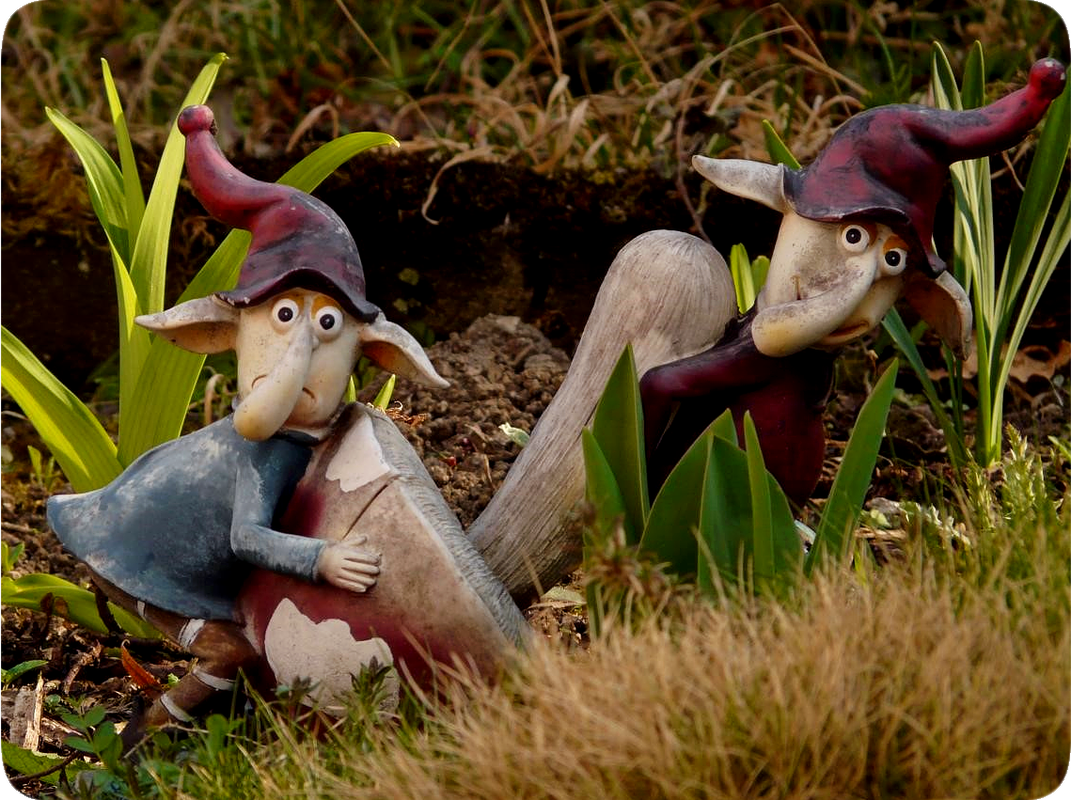
Do you need a joke, quotation, paragraph, or poem about a particular subject or topic? Go to the search box found at the top right side of this page and type it in. We have a surprising variety of material and we add new stuff regularly, so you might find what you are seeking.

Make Fun Of Life! can be right there with you, at home or wherever you go, on a laptop, cell phone, tablet, or any other internet connected device. Bookmark us and visit whenever you can. We regularly add fascinating new articles just for you!
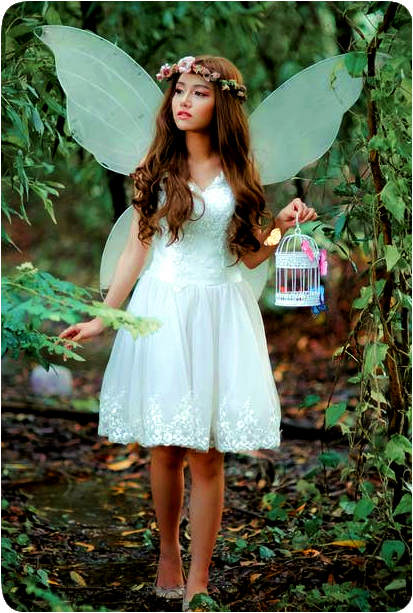
When you reach the bottom of this page on Make Fun Of Life! click on <<Previous or Forward>> to see the next page.

You are now on the Make Fun Of Life! Website . . . where humor, inspiration, and learning are back together again - as they were always meant to be.
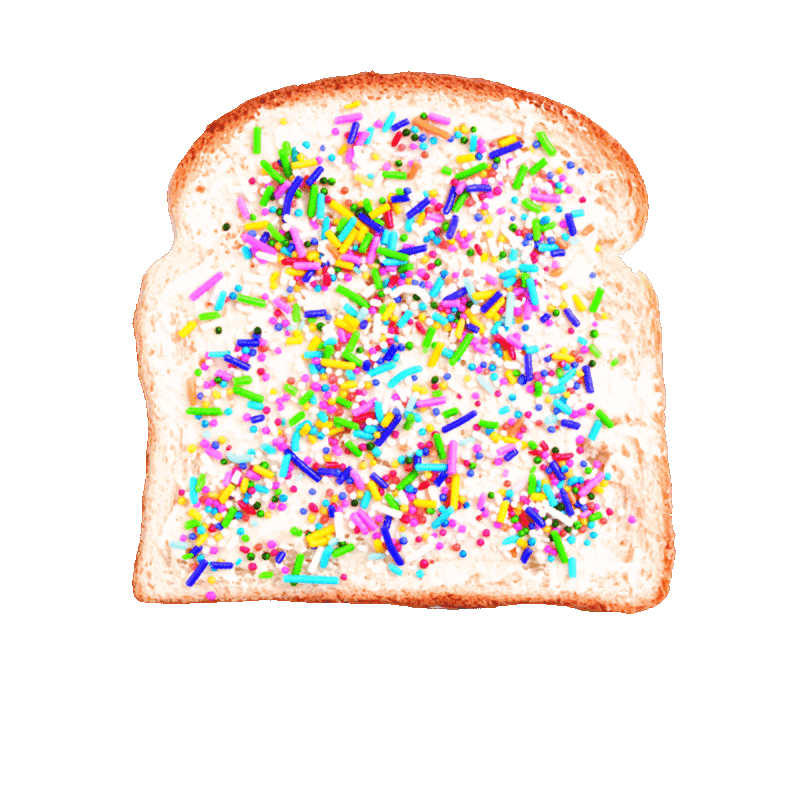
To discover How to Make Fairy Bread, simply click or tap on the picture of it appearing just above.

Welcome to the Make Fun Of Life! Website. We are here to bring a little happiness to the world. Would you like to be among the first people to see new articles when they appear on the website? Click on the social media buttons on the left side of your screen and then follow us. We wish you the very best imaginable day, and thank you for visiting!
|
